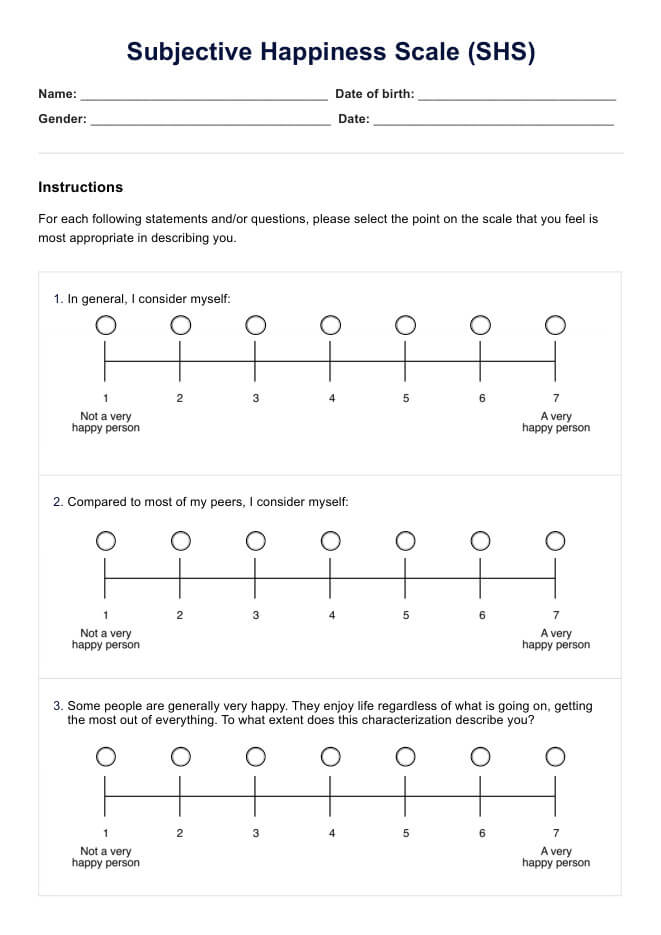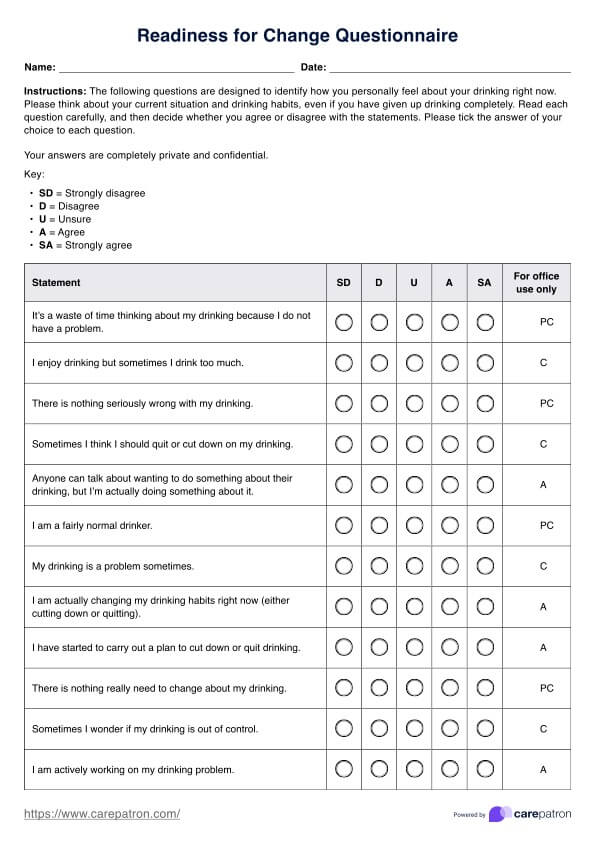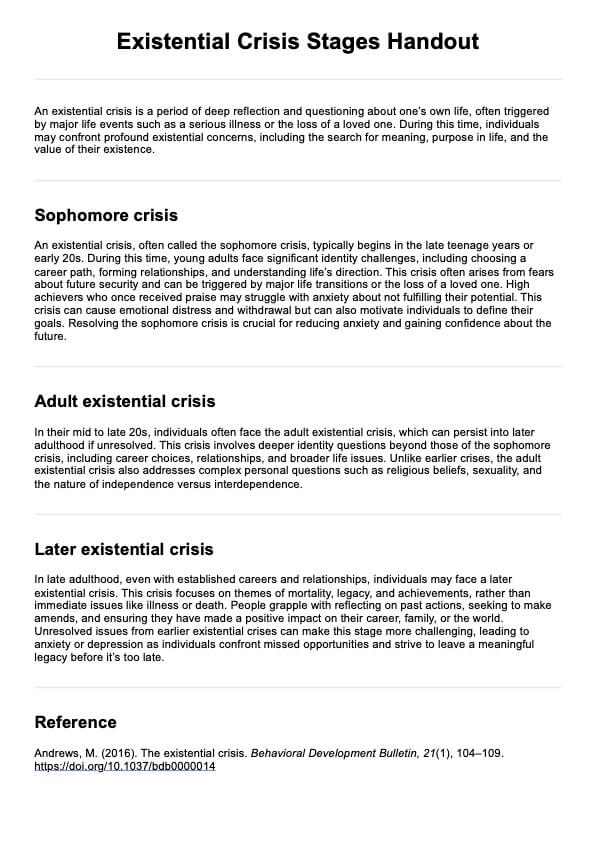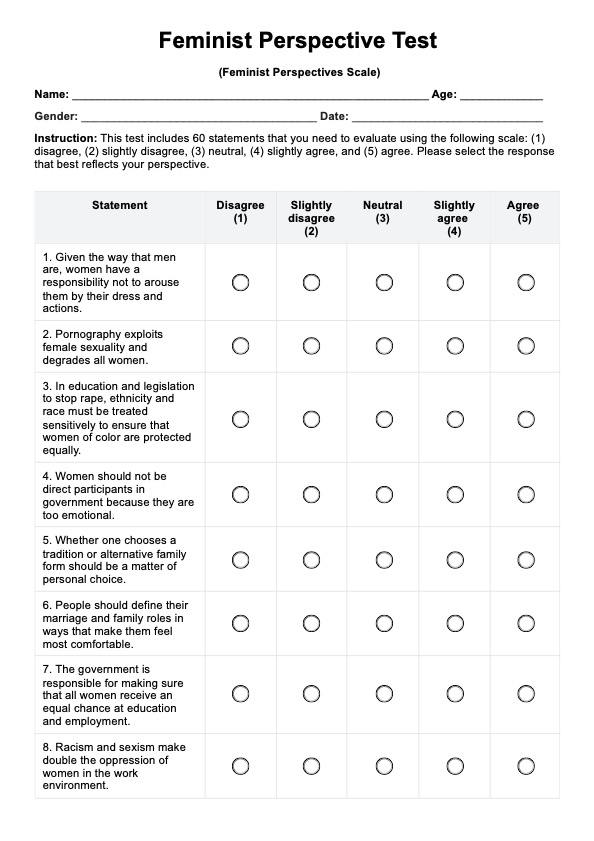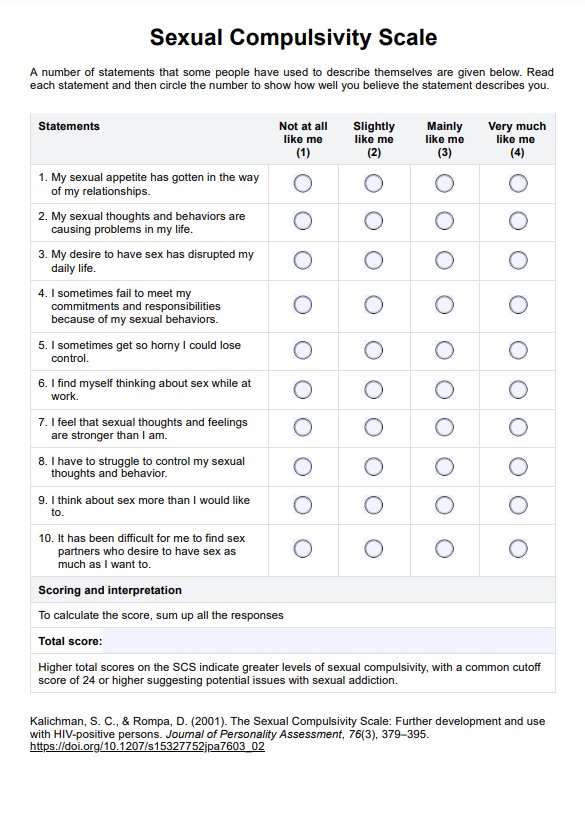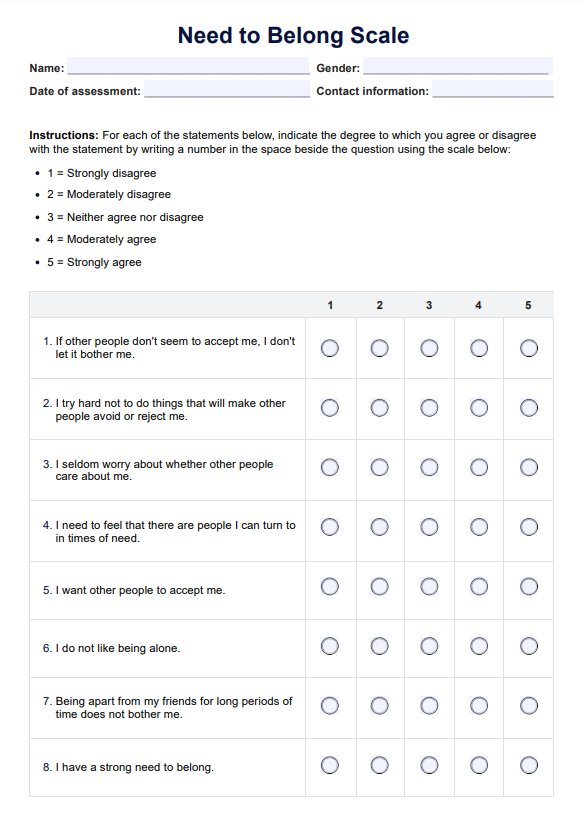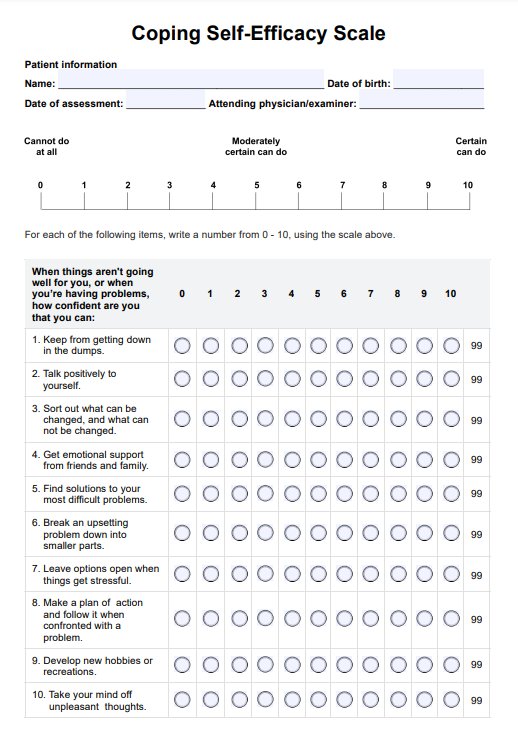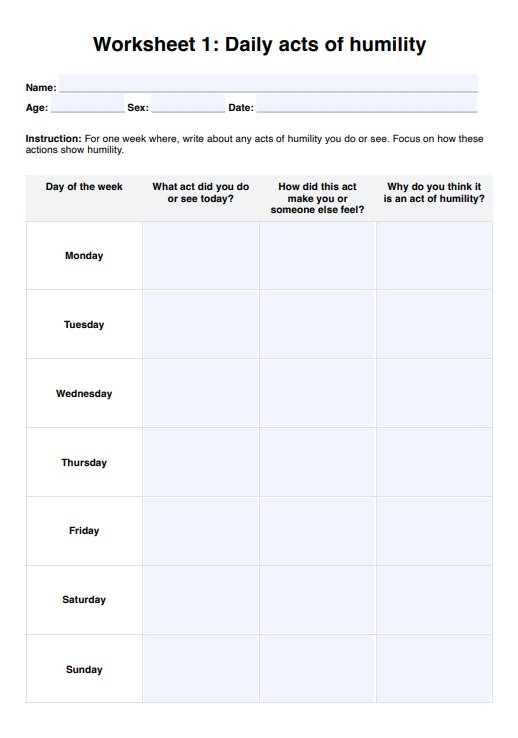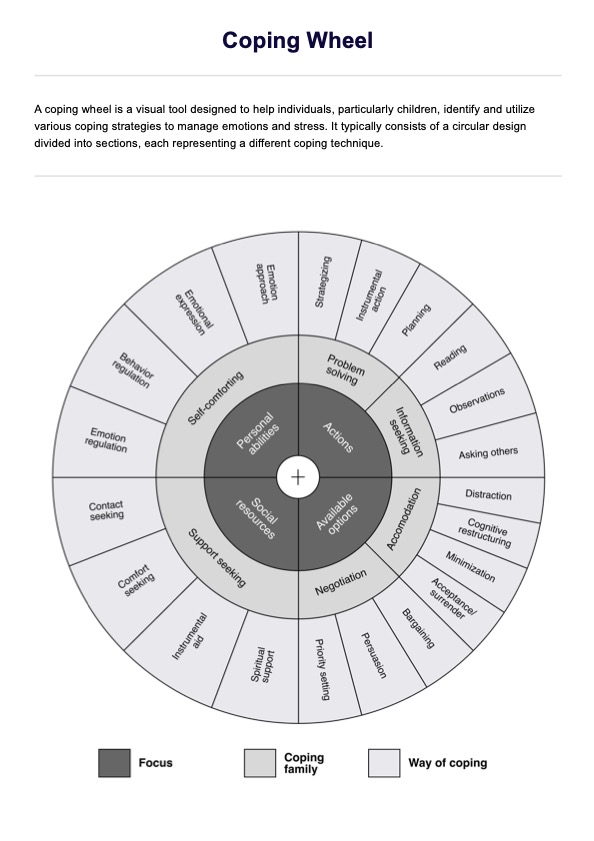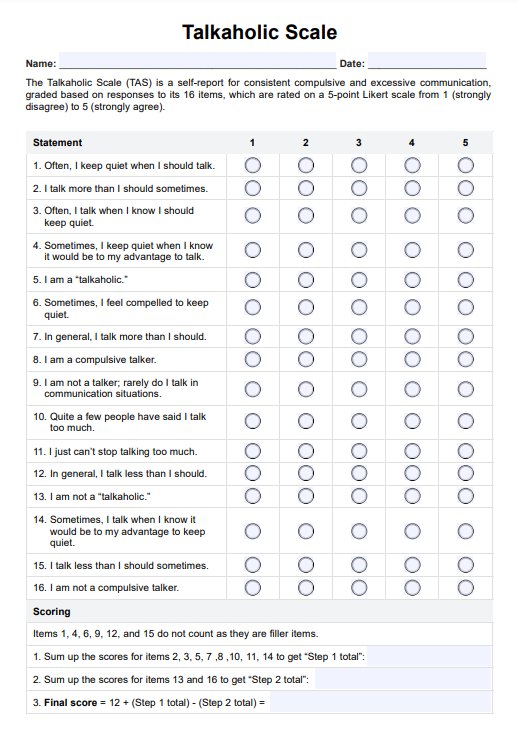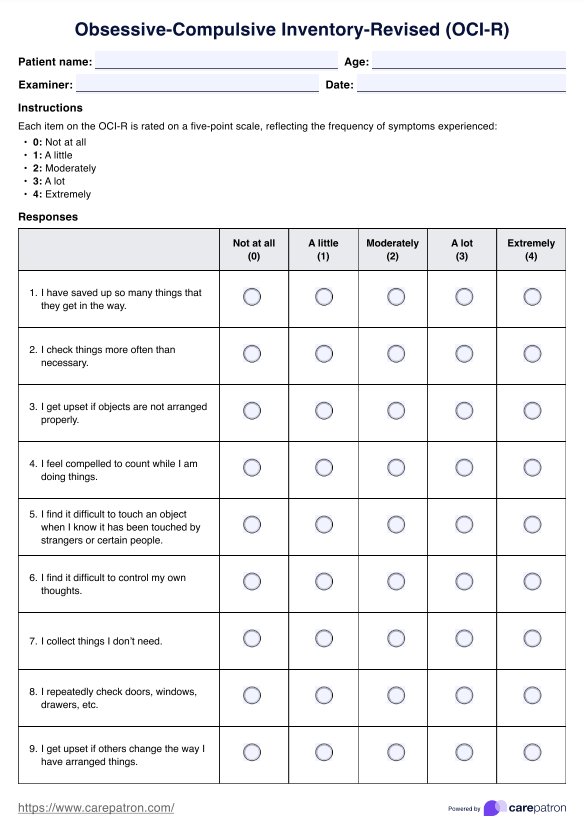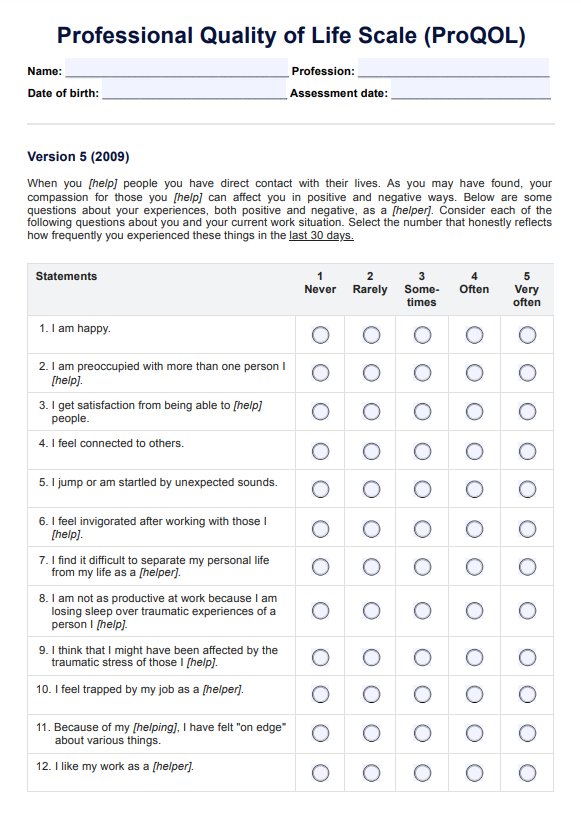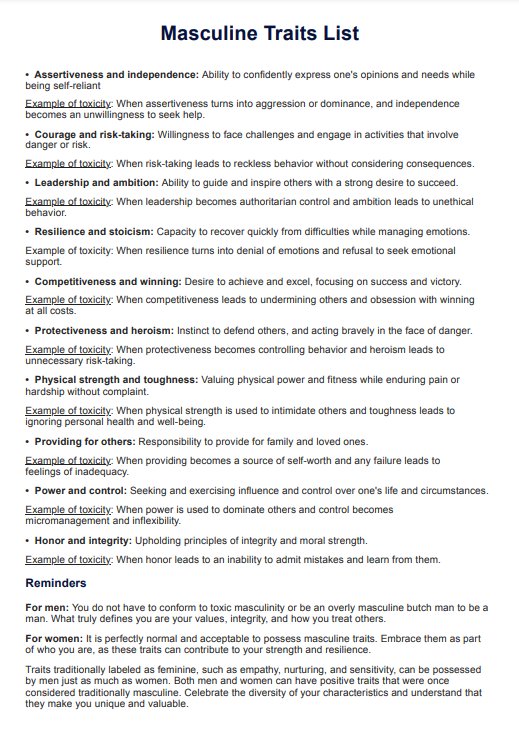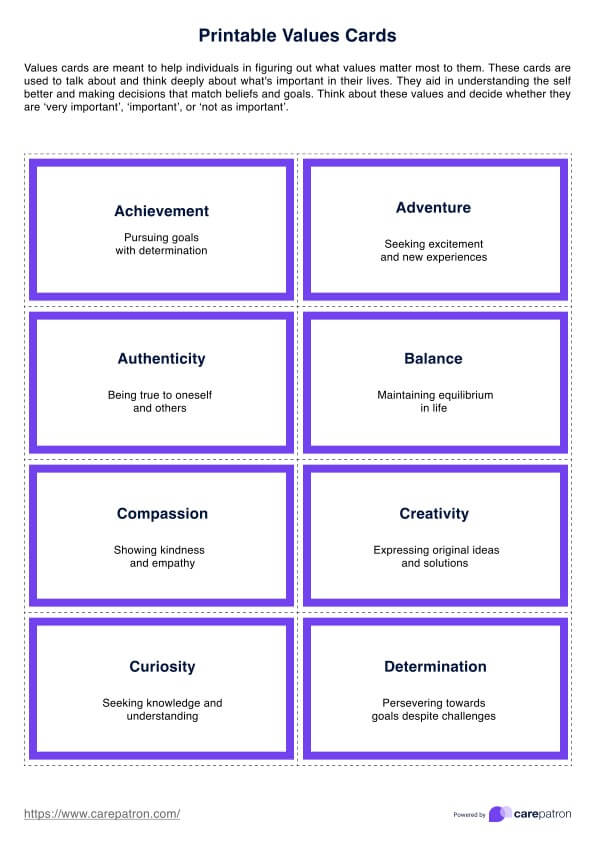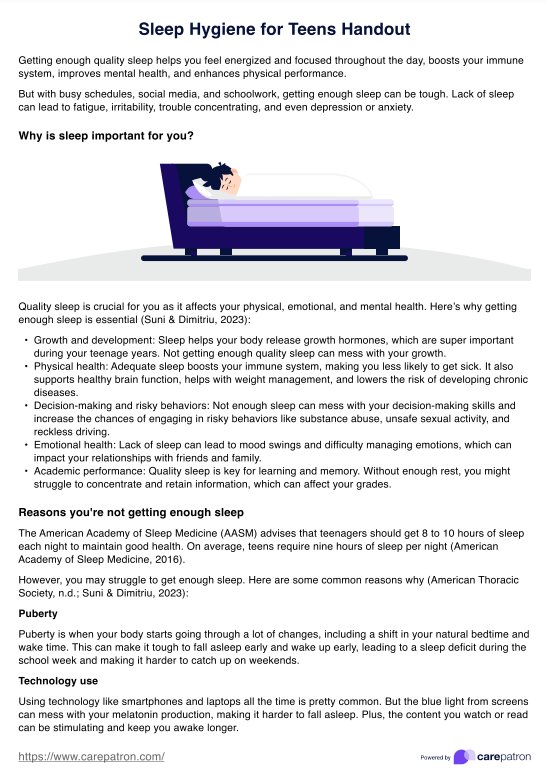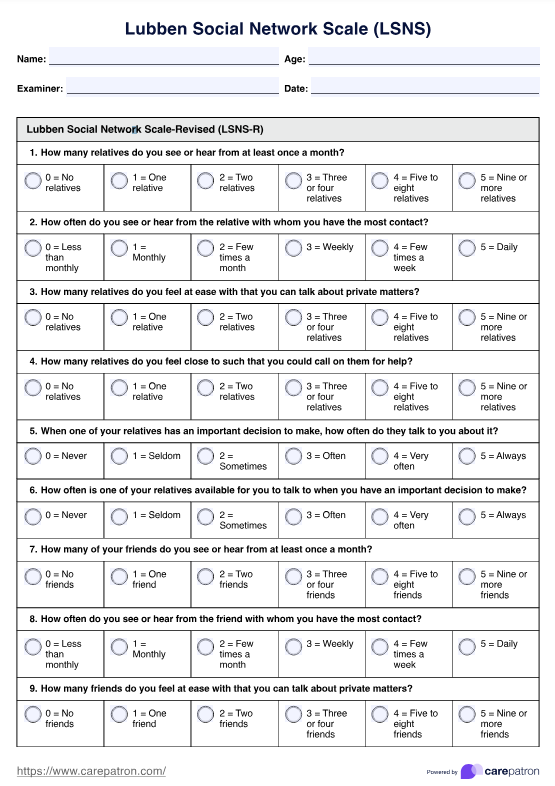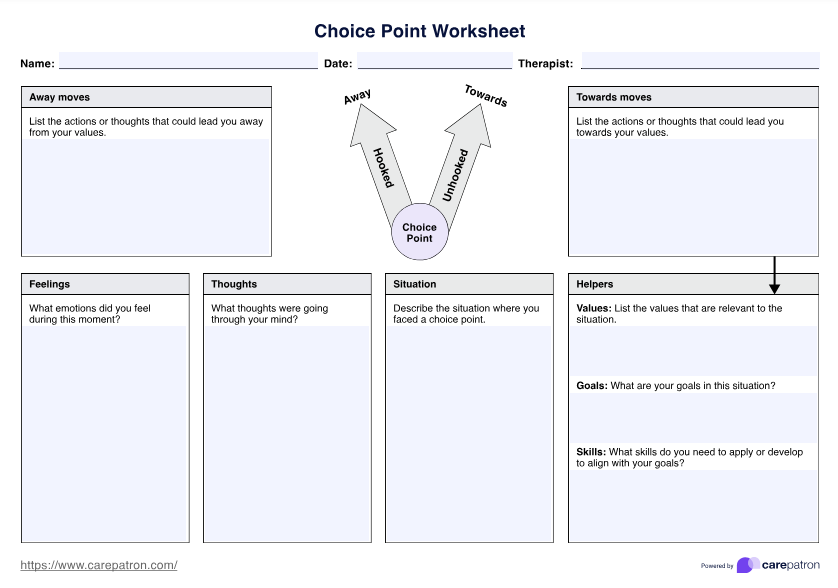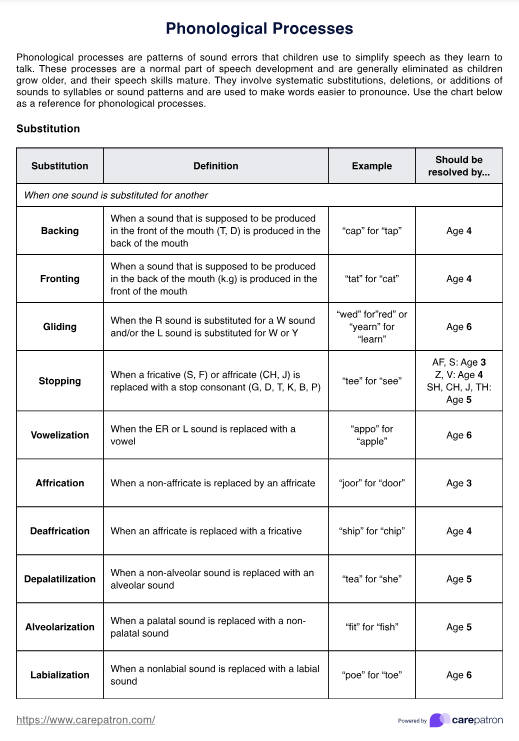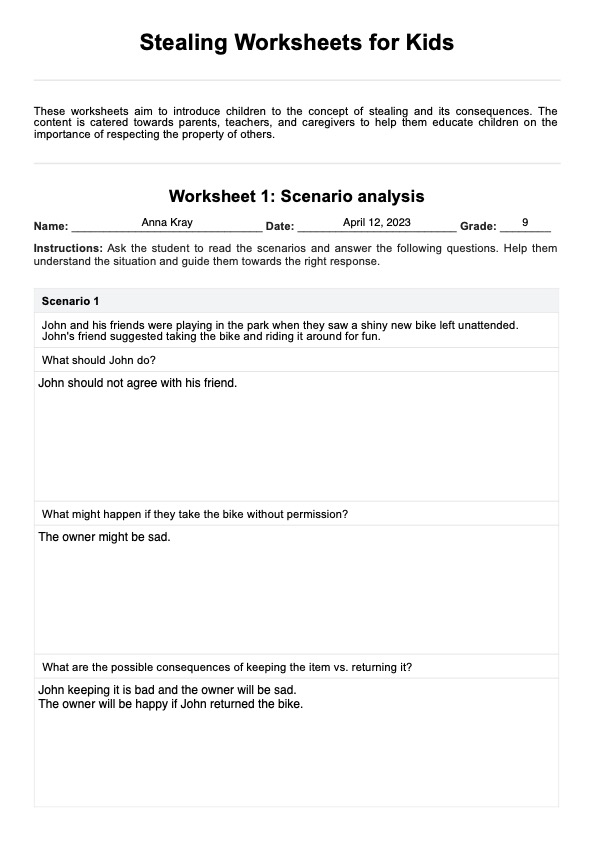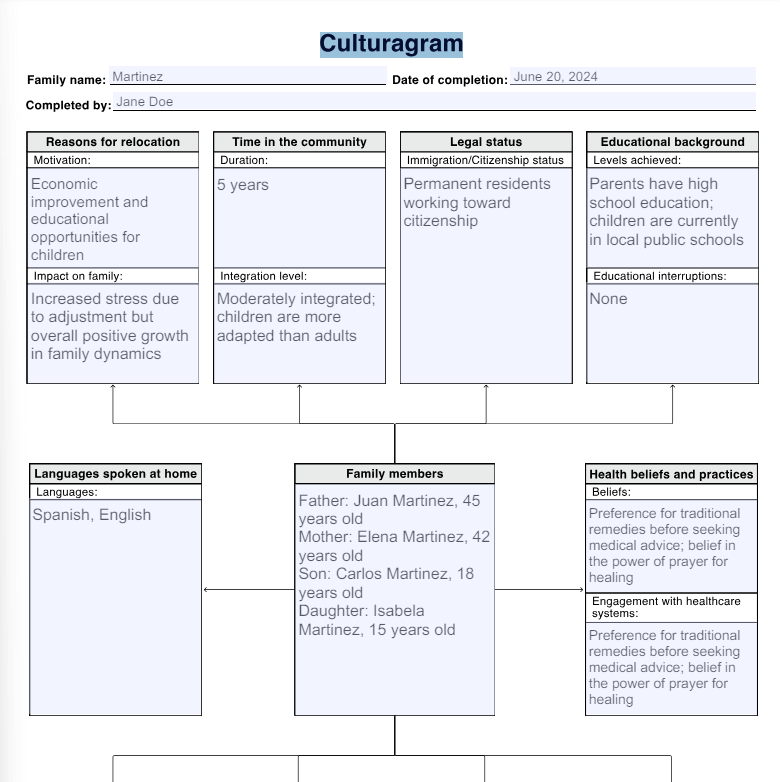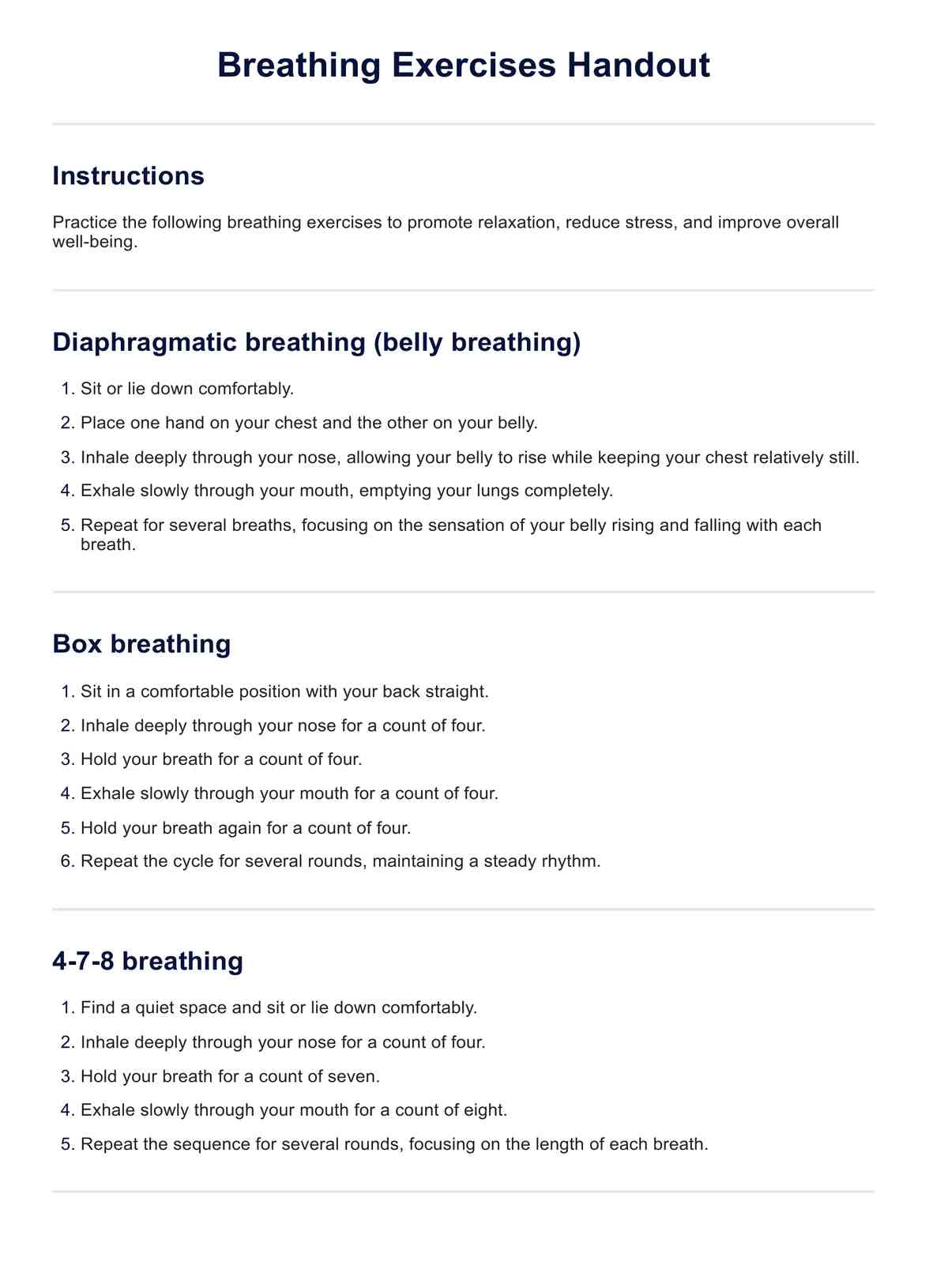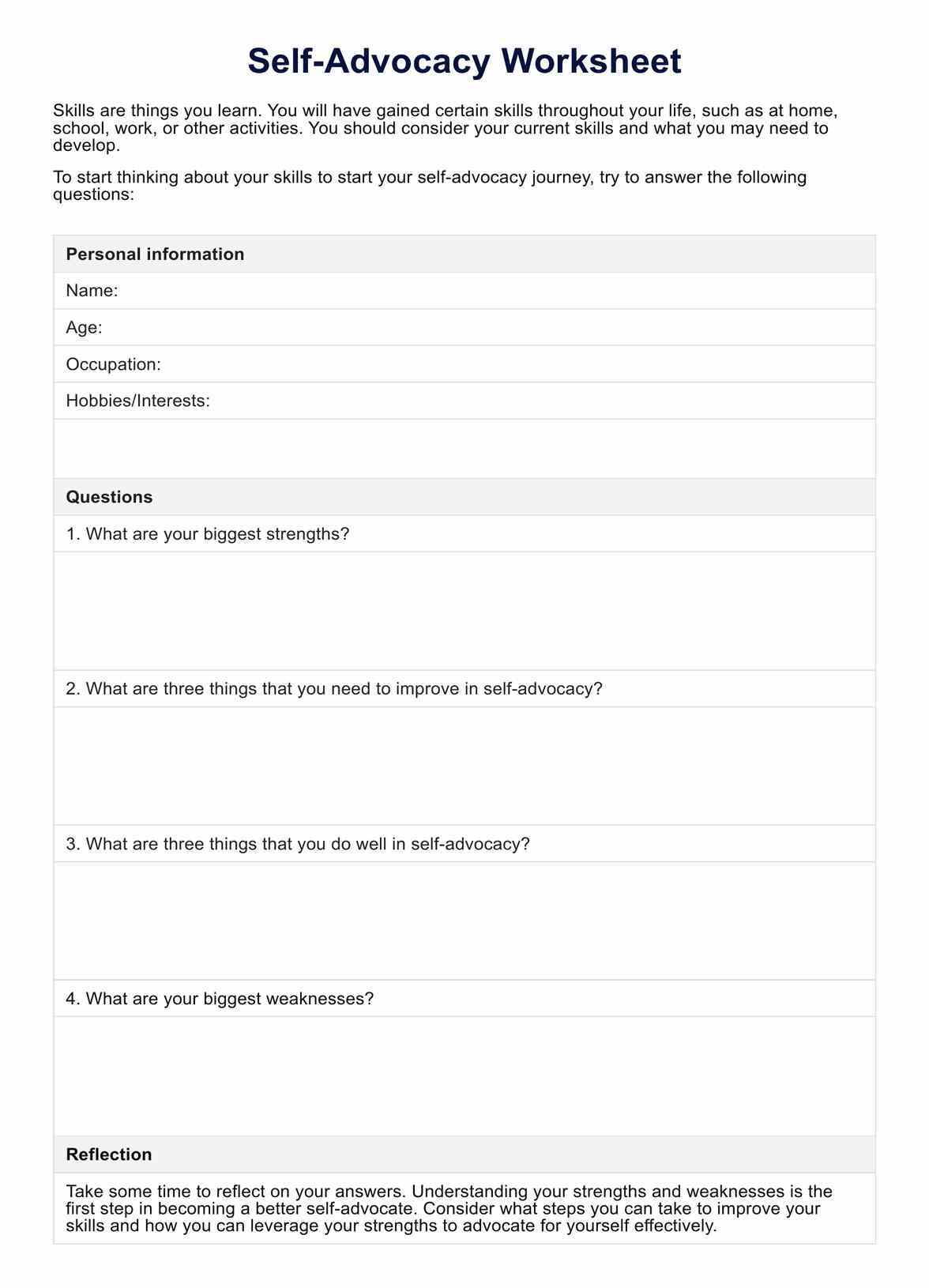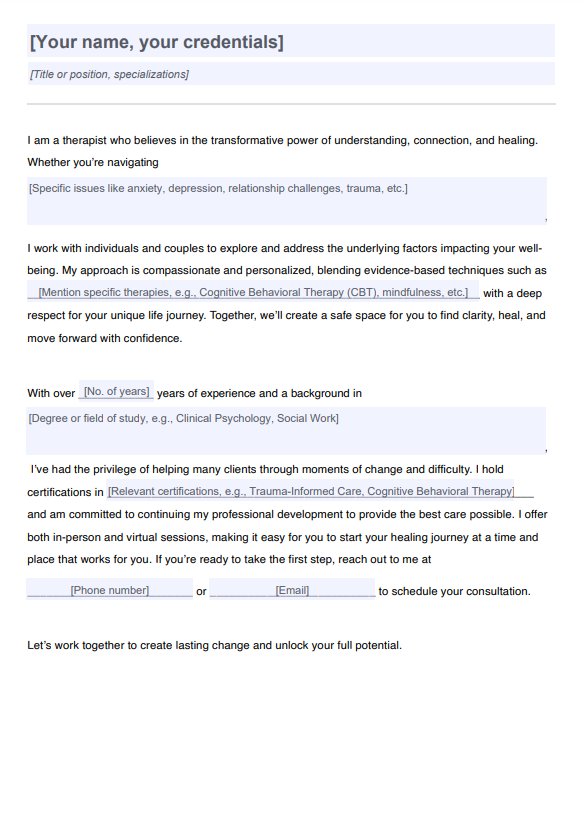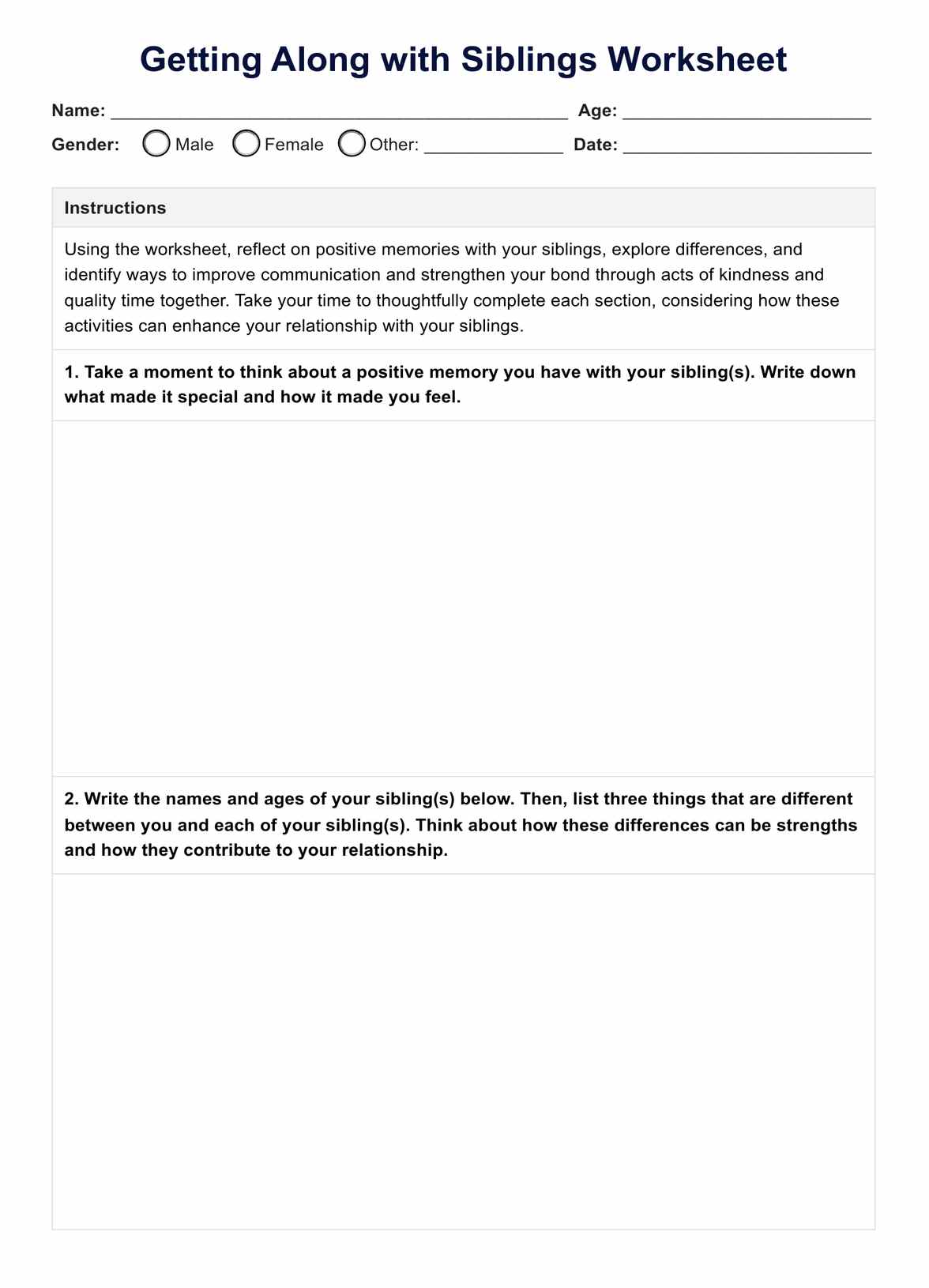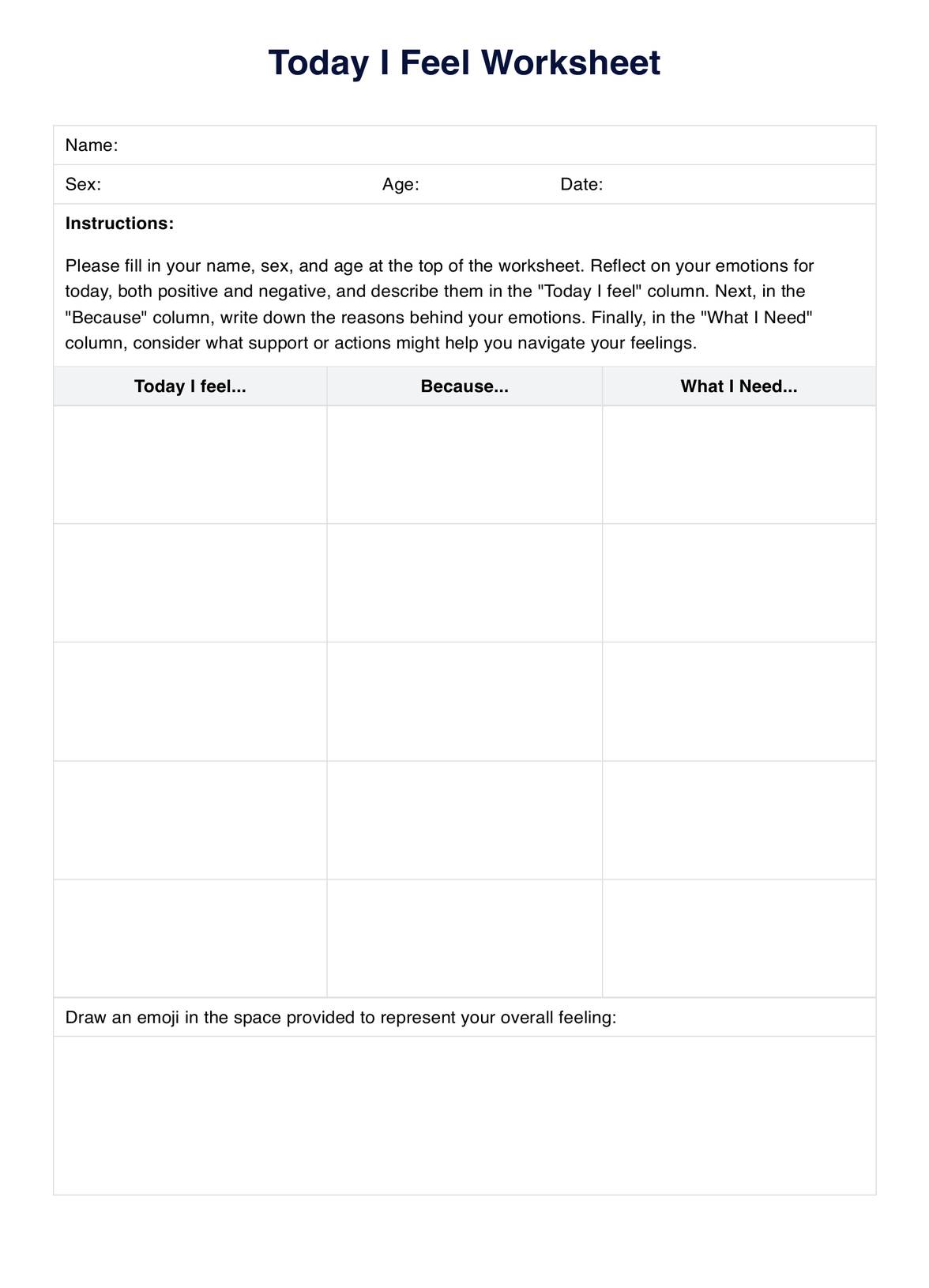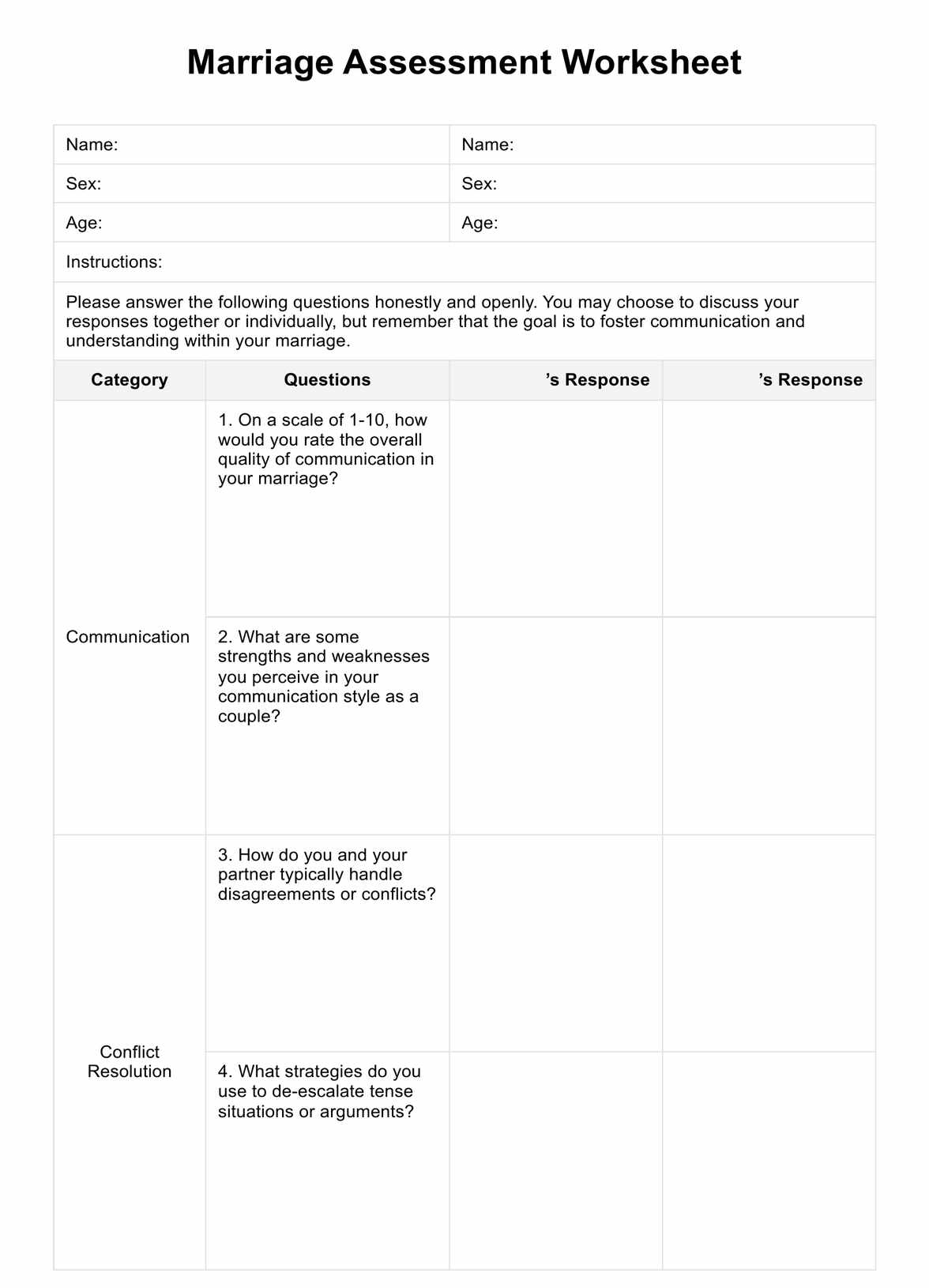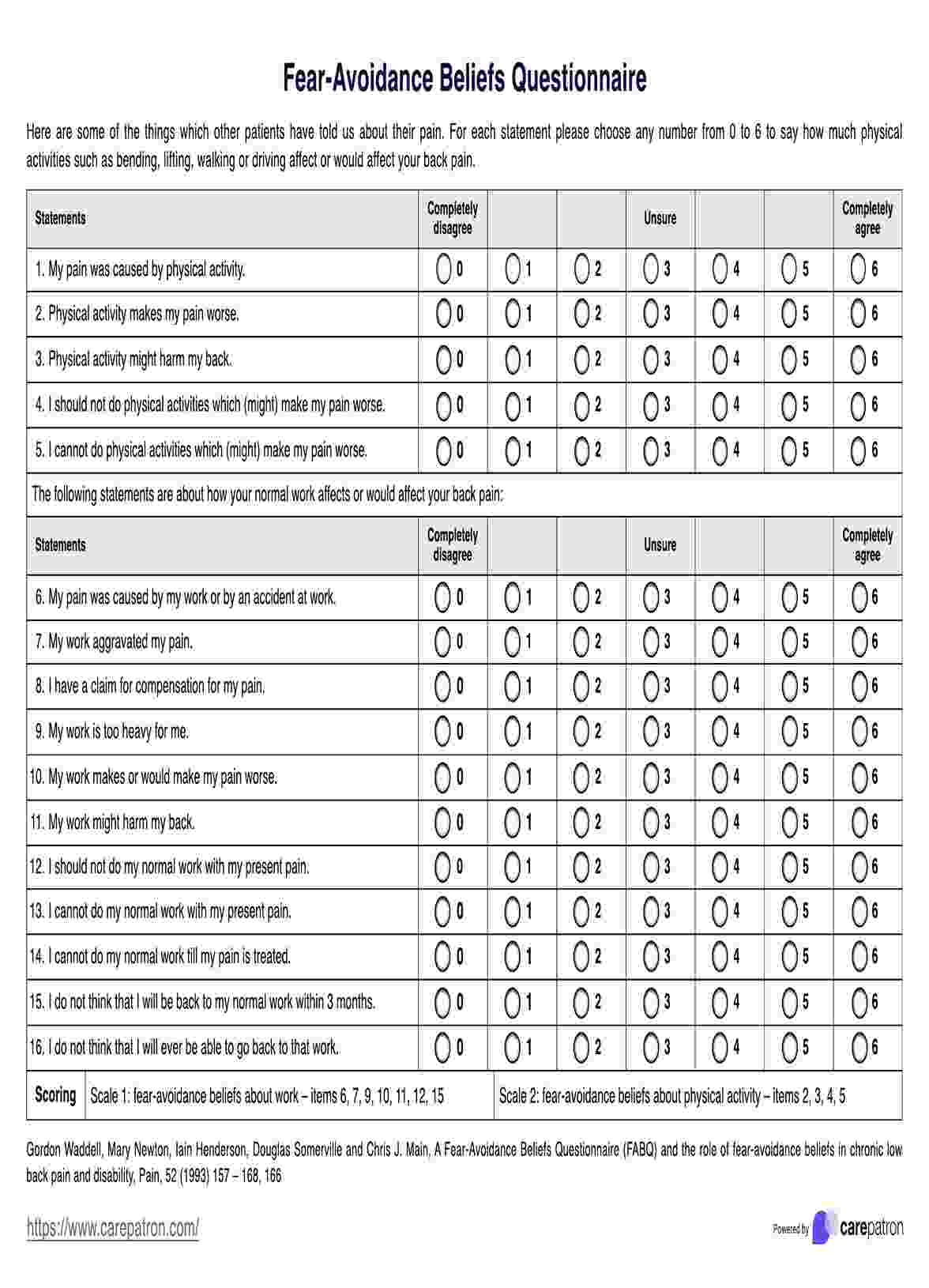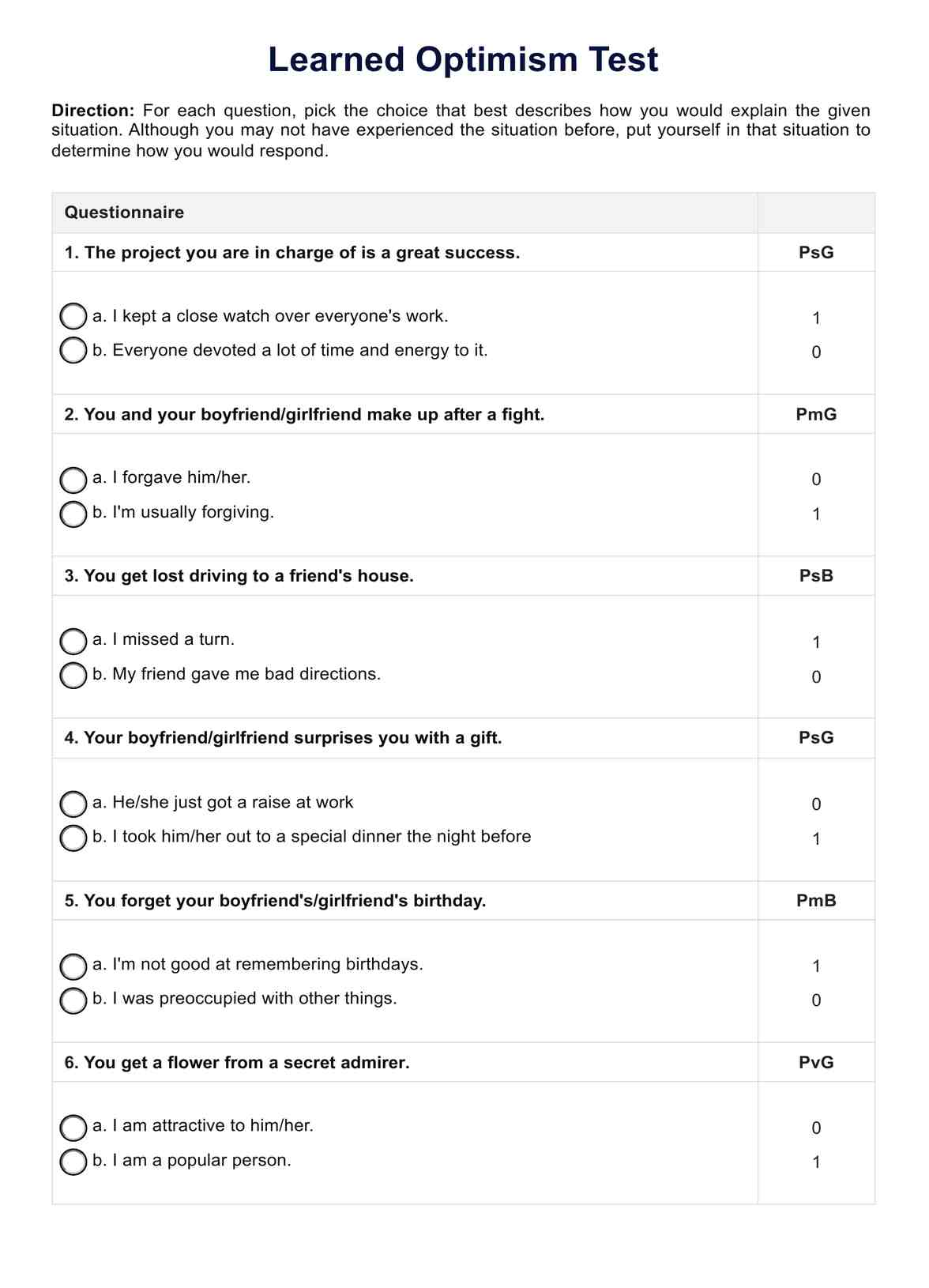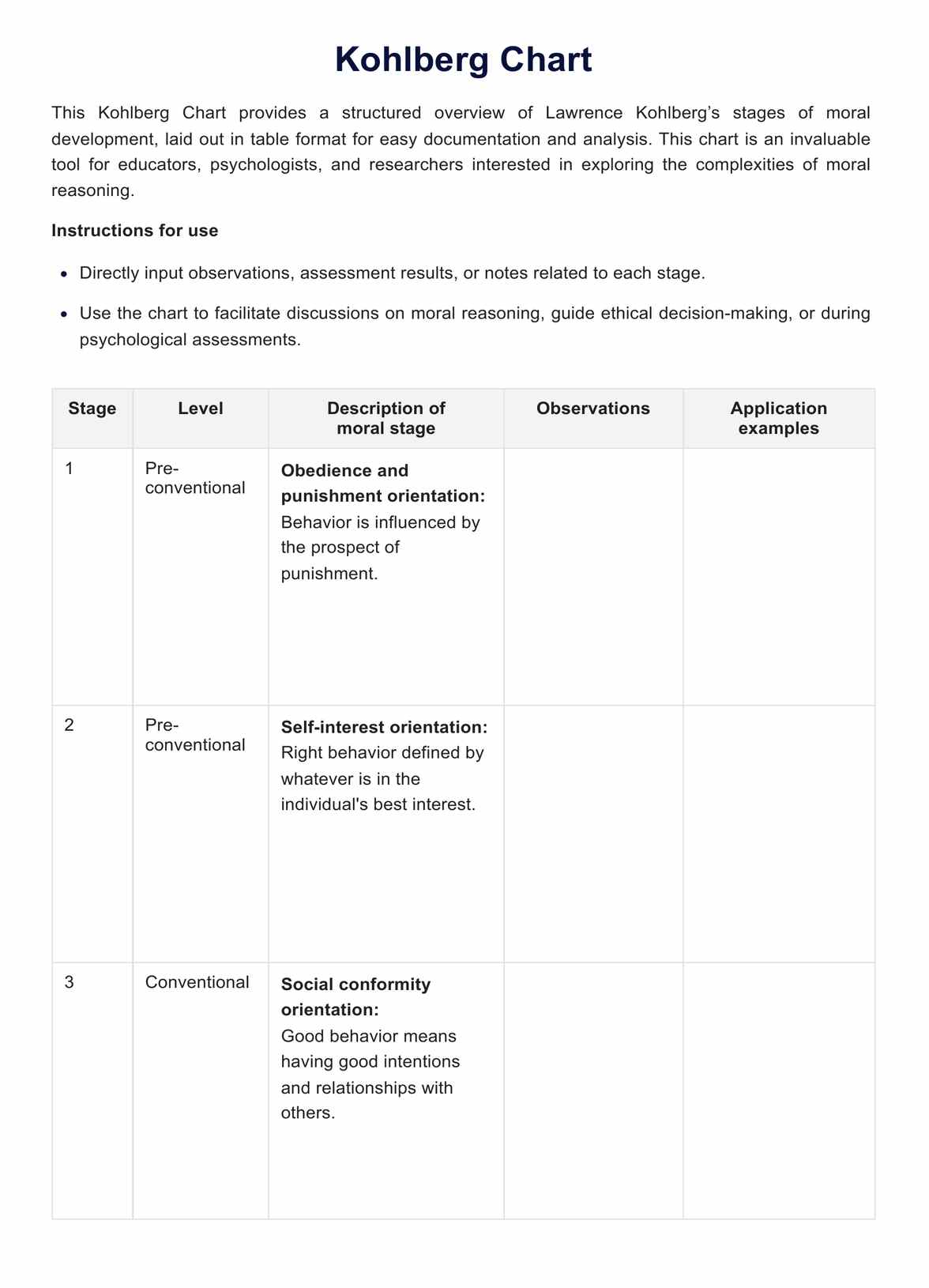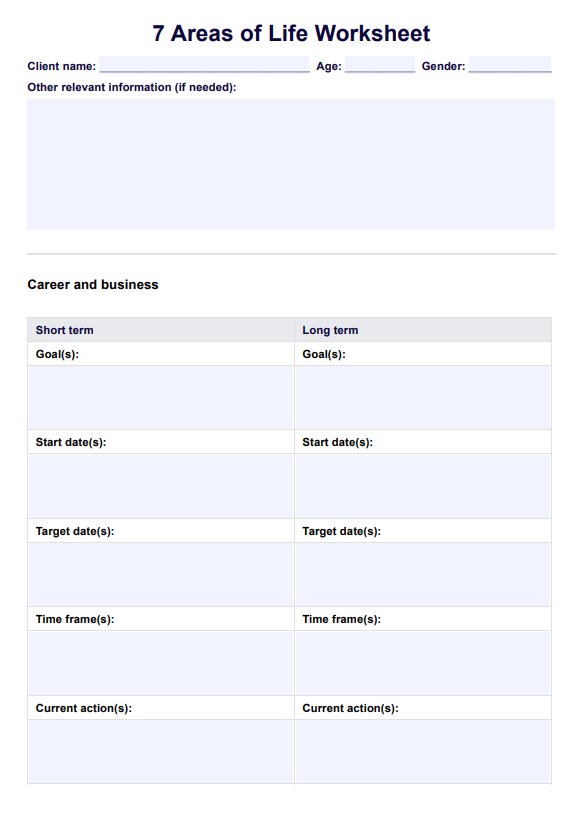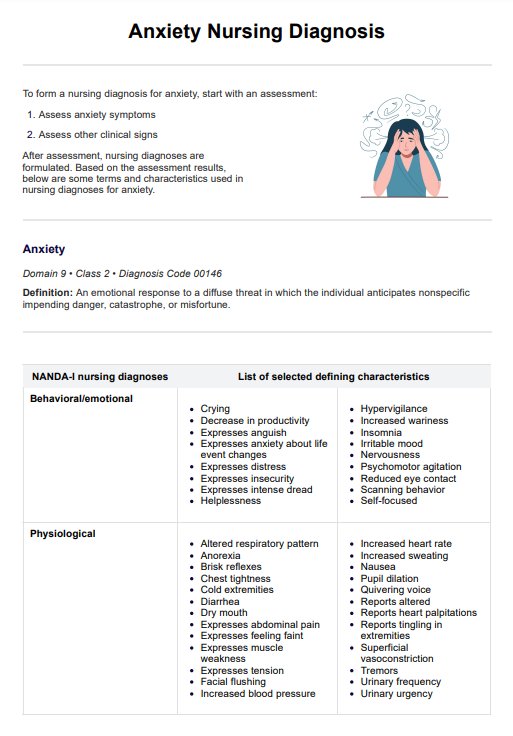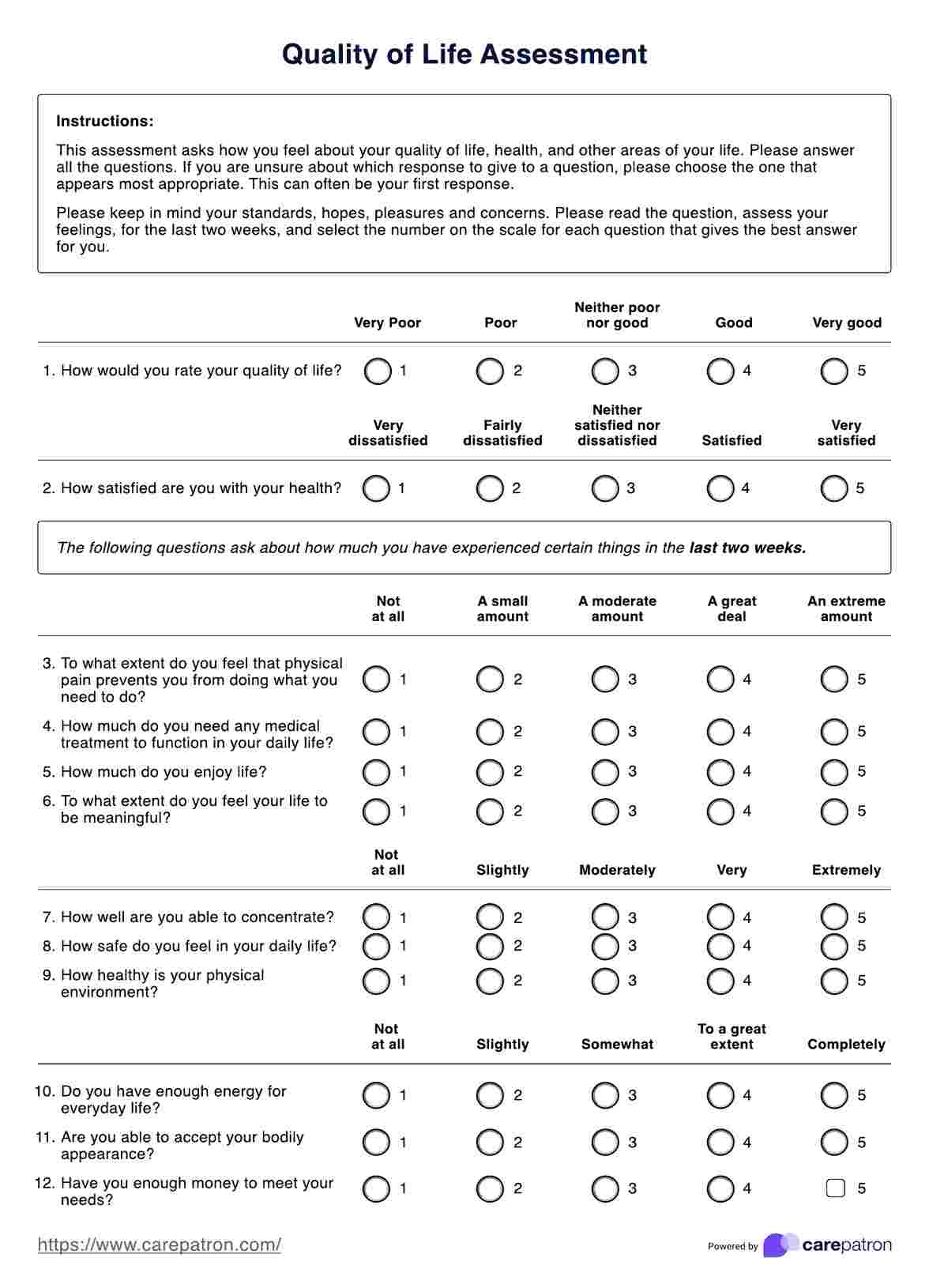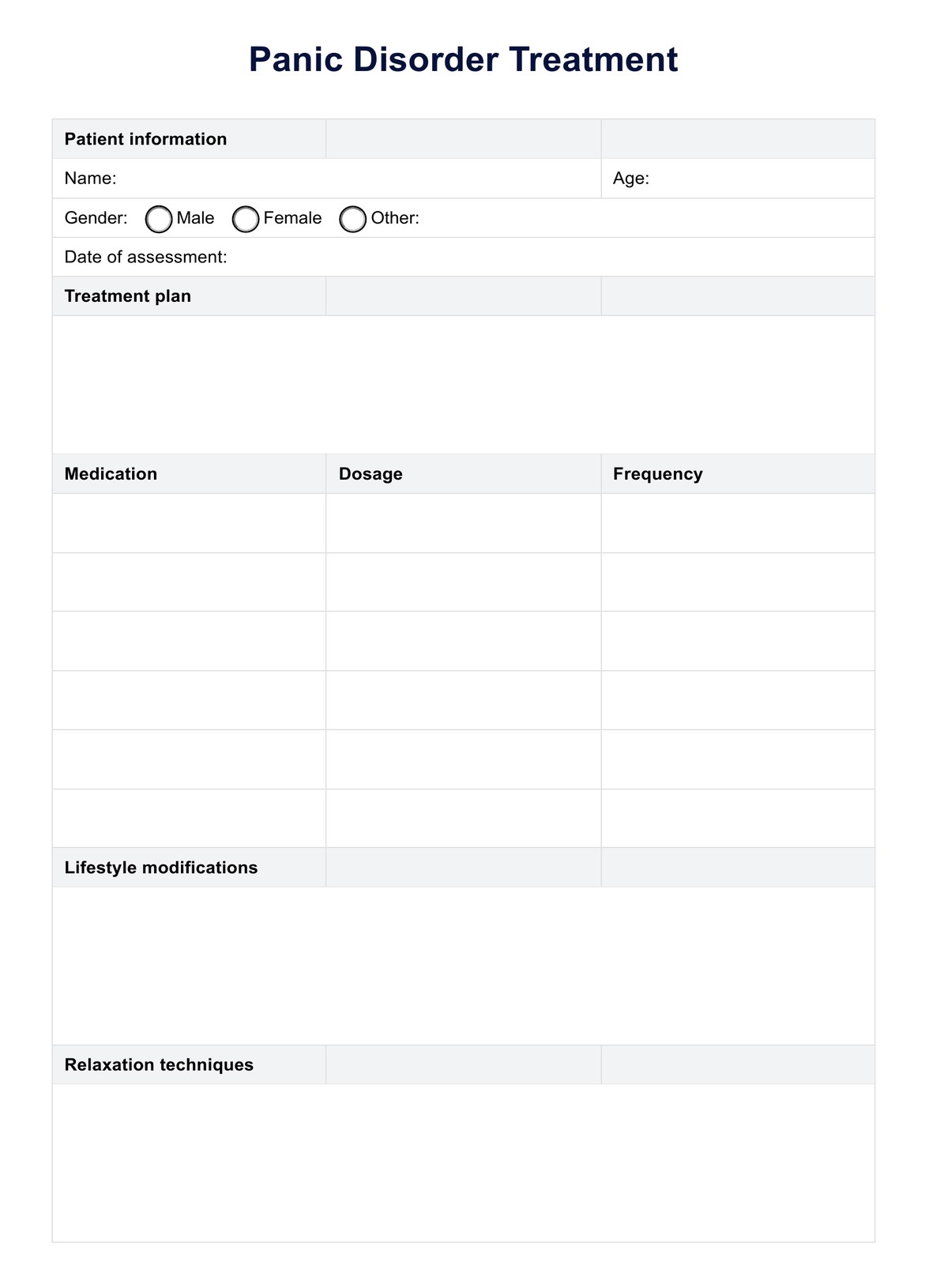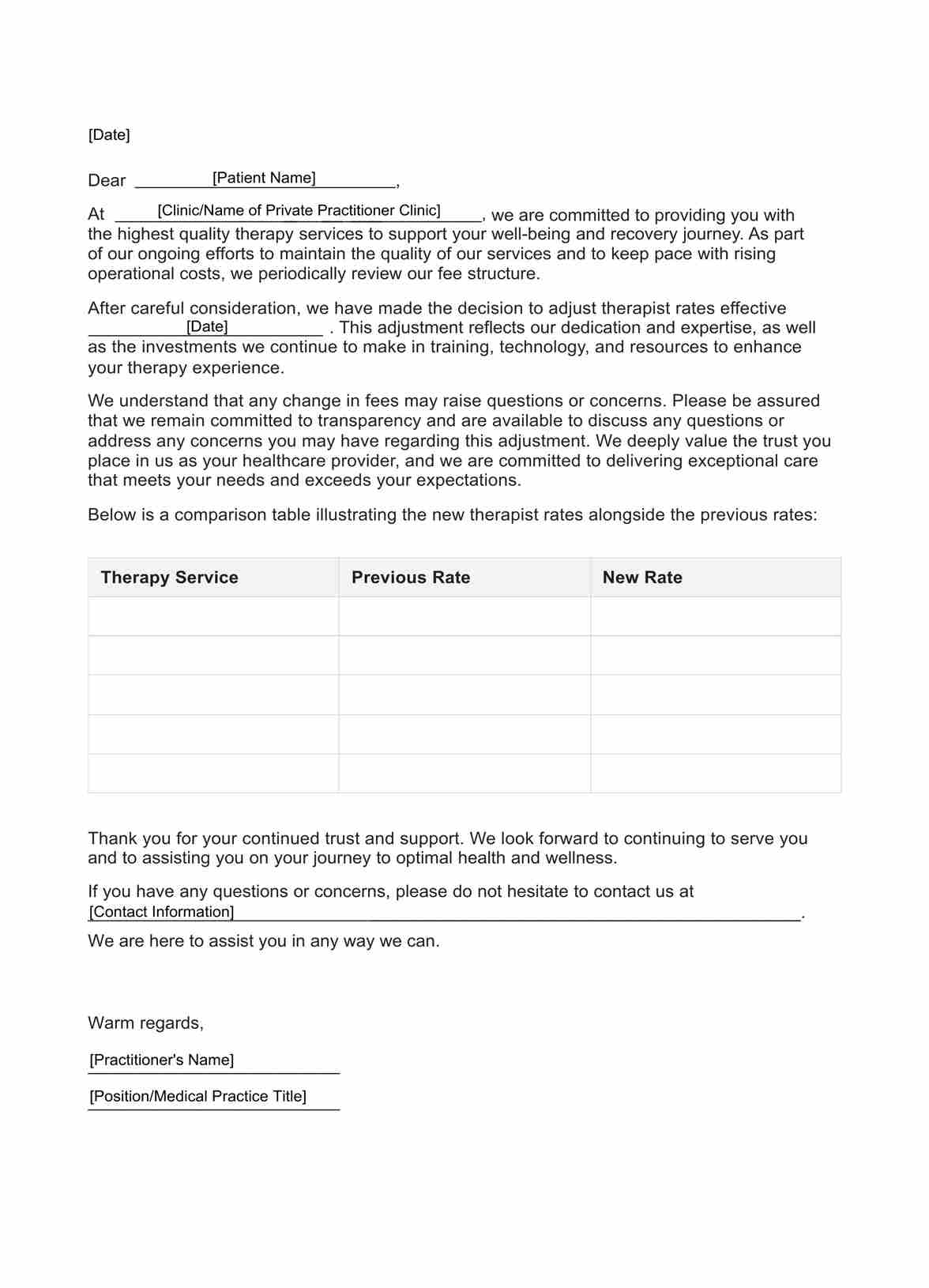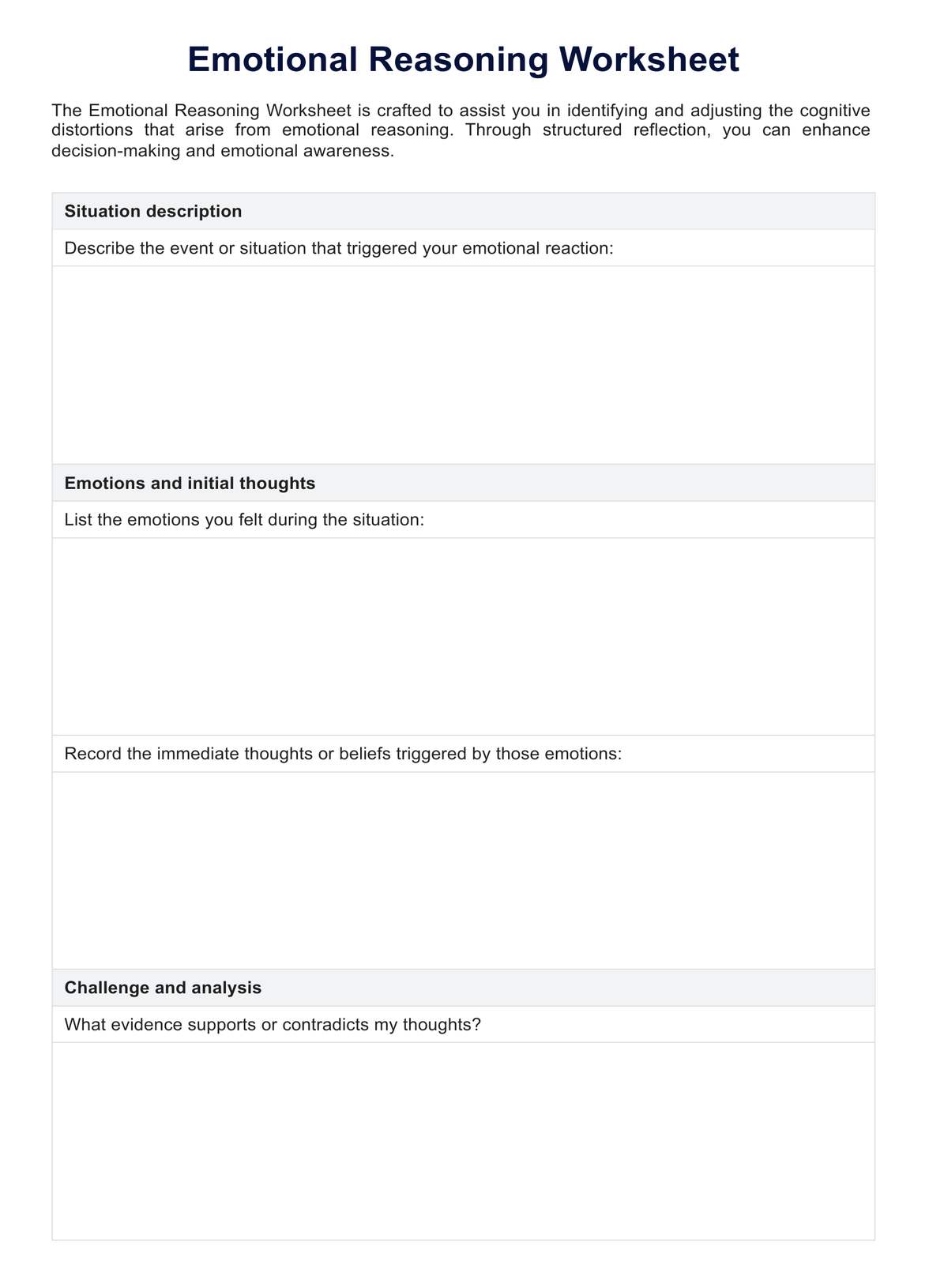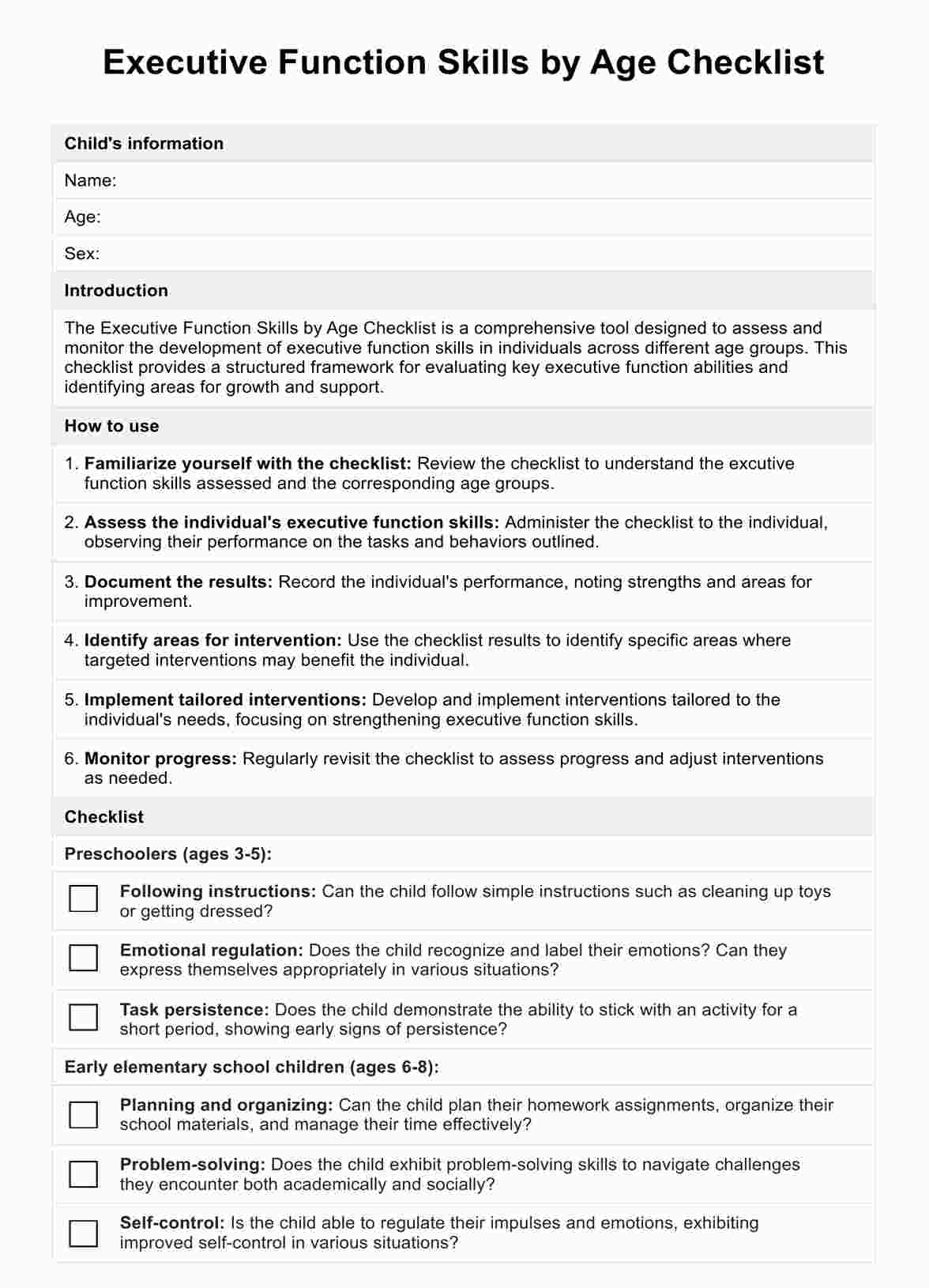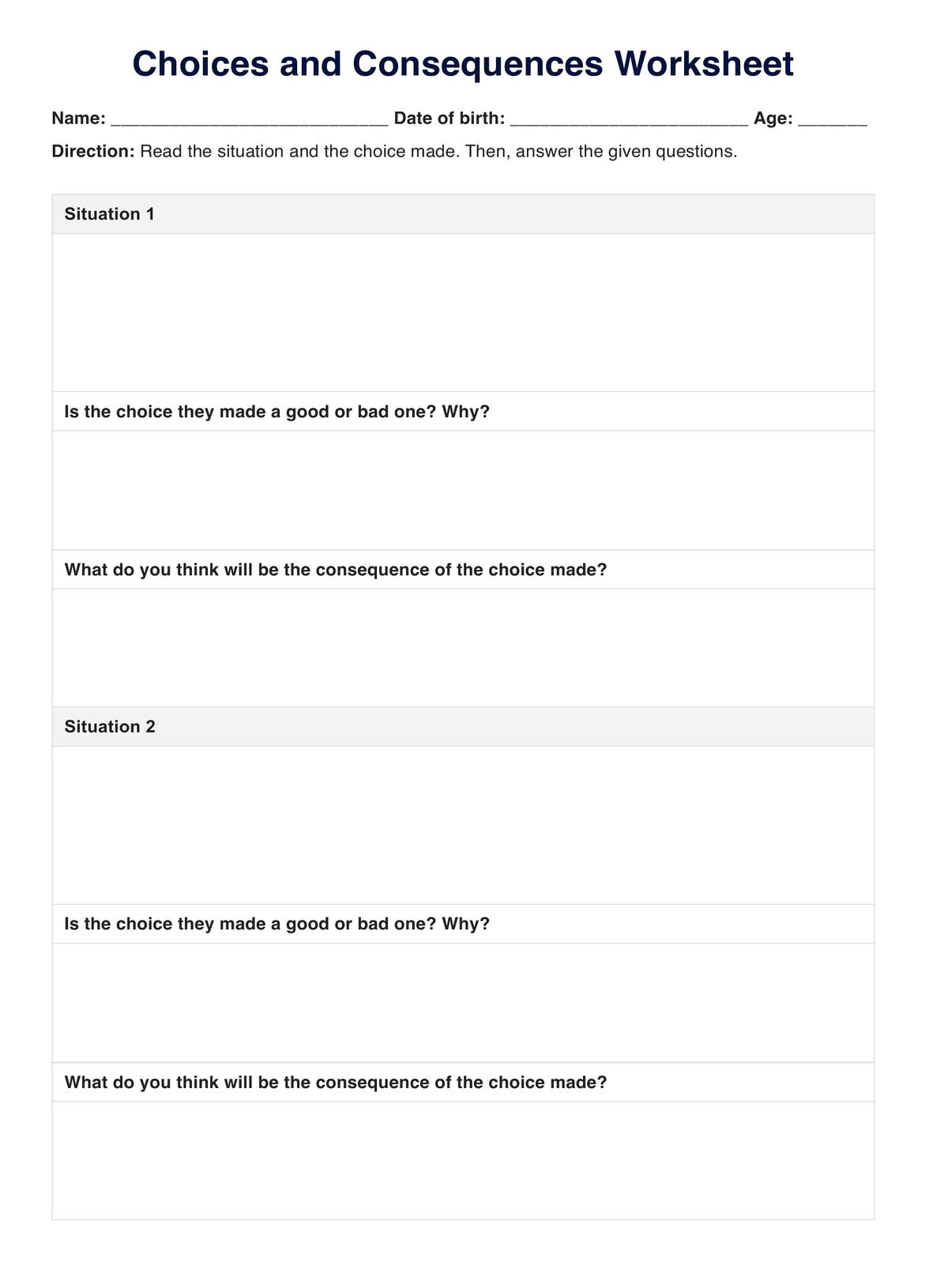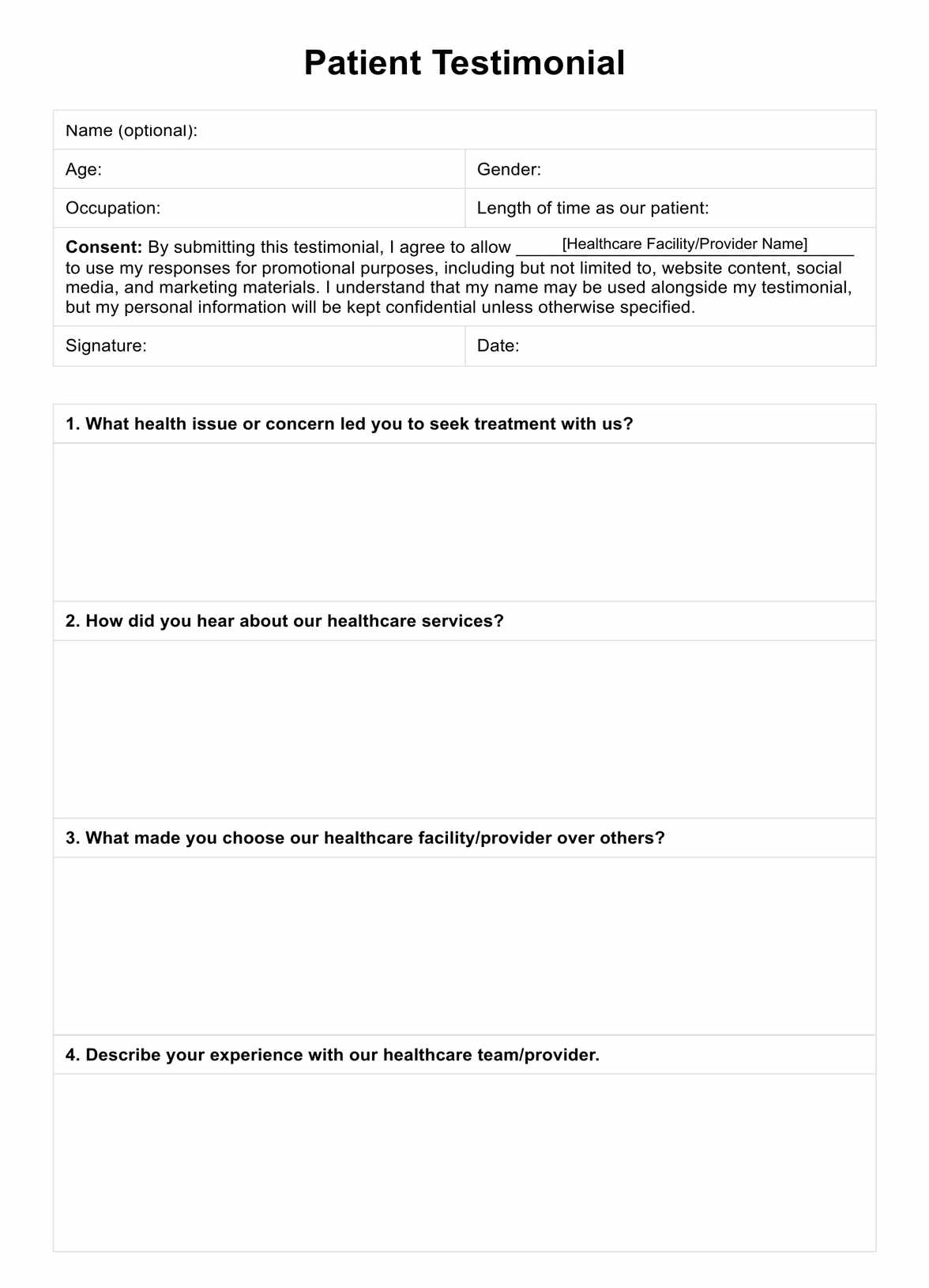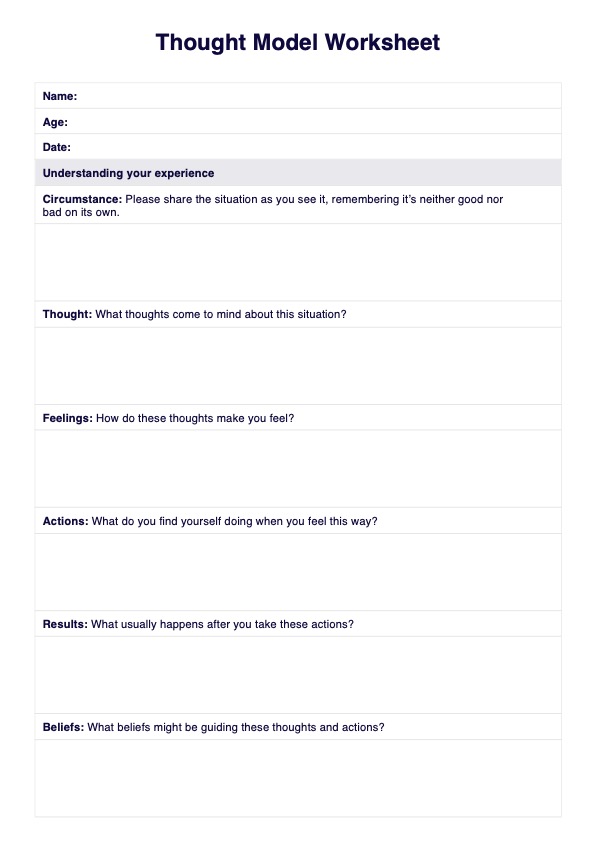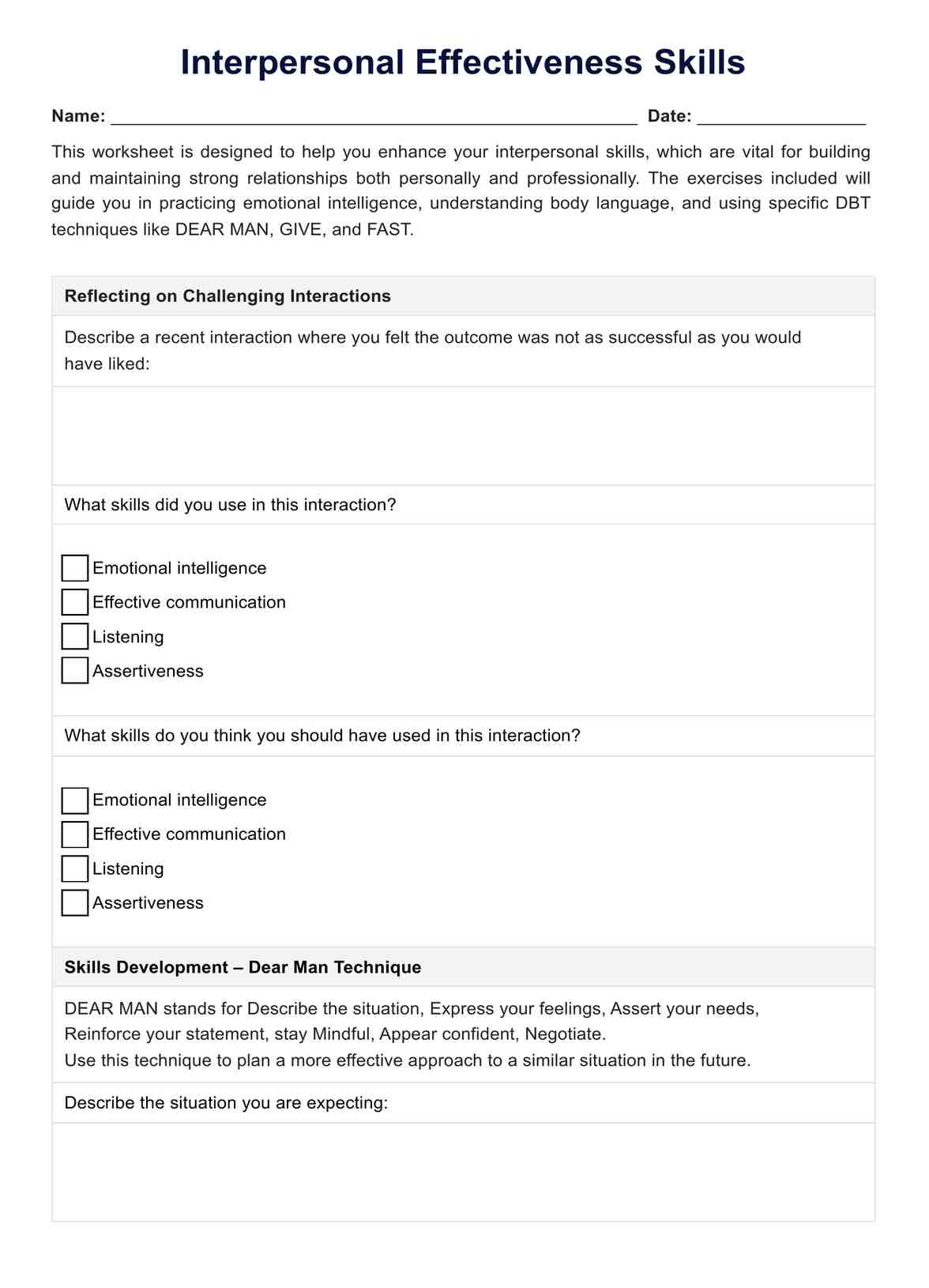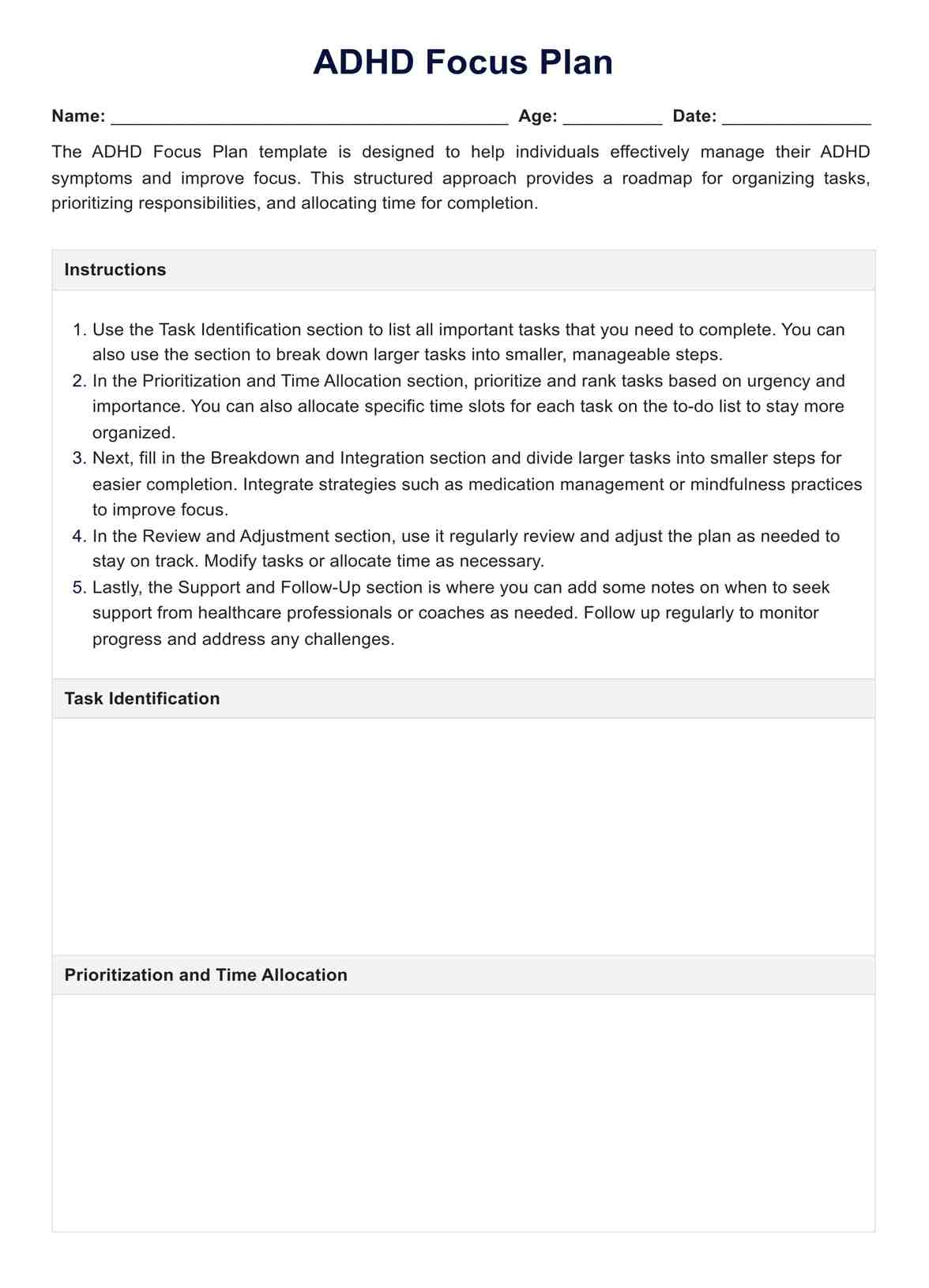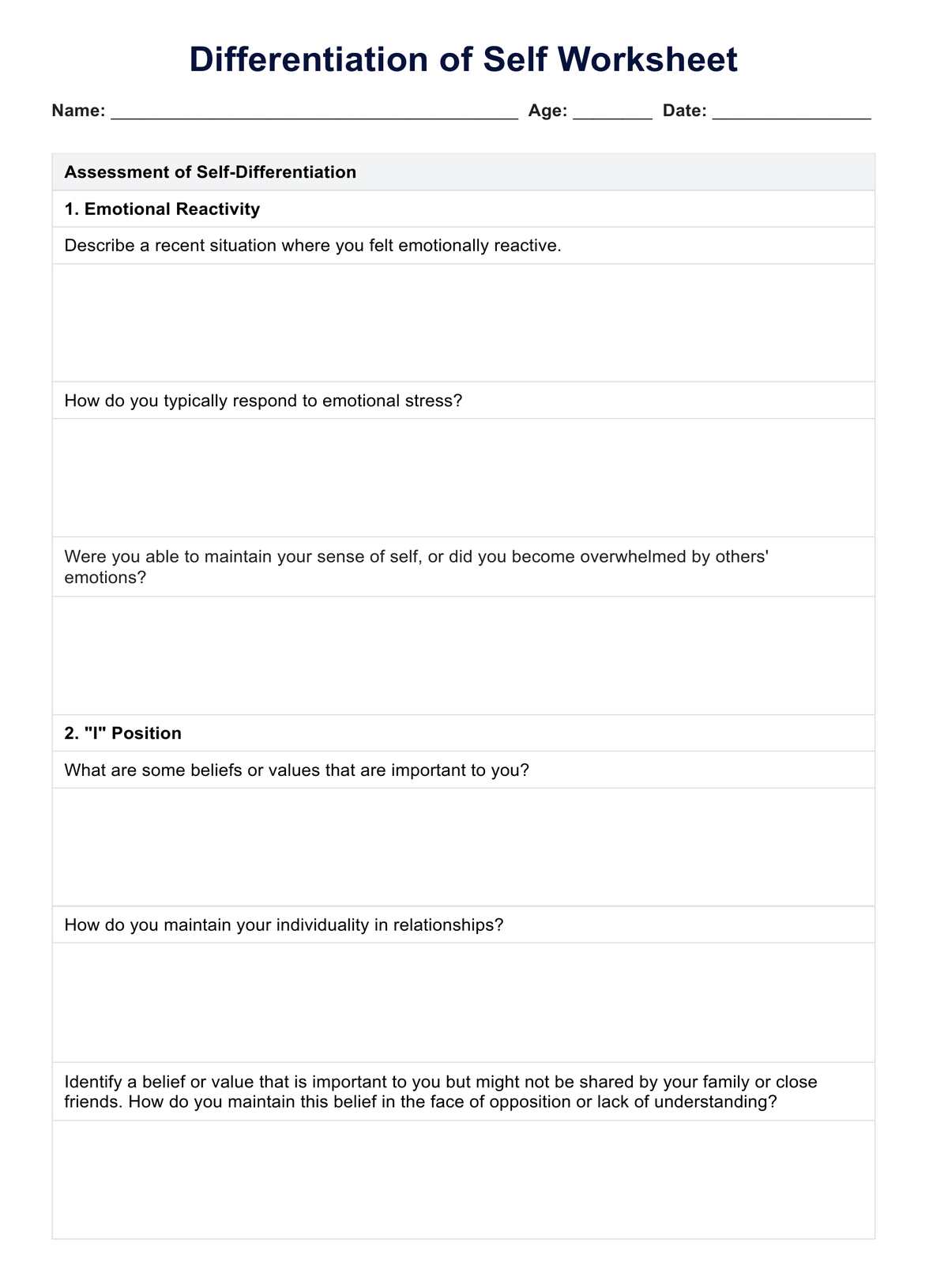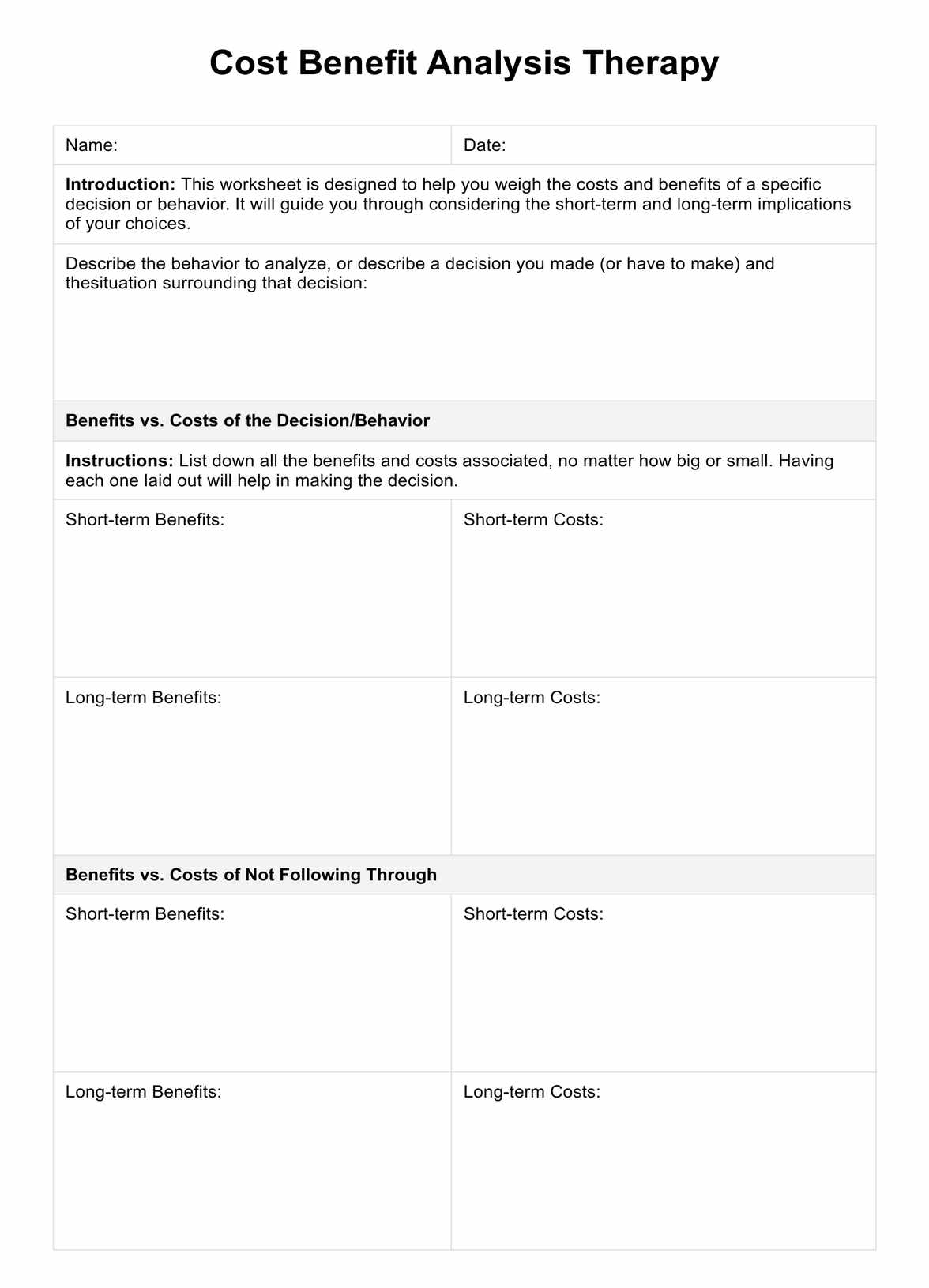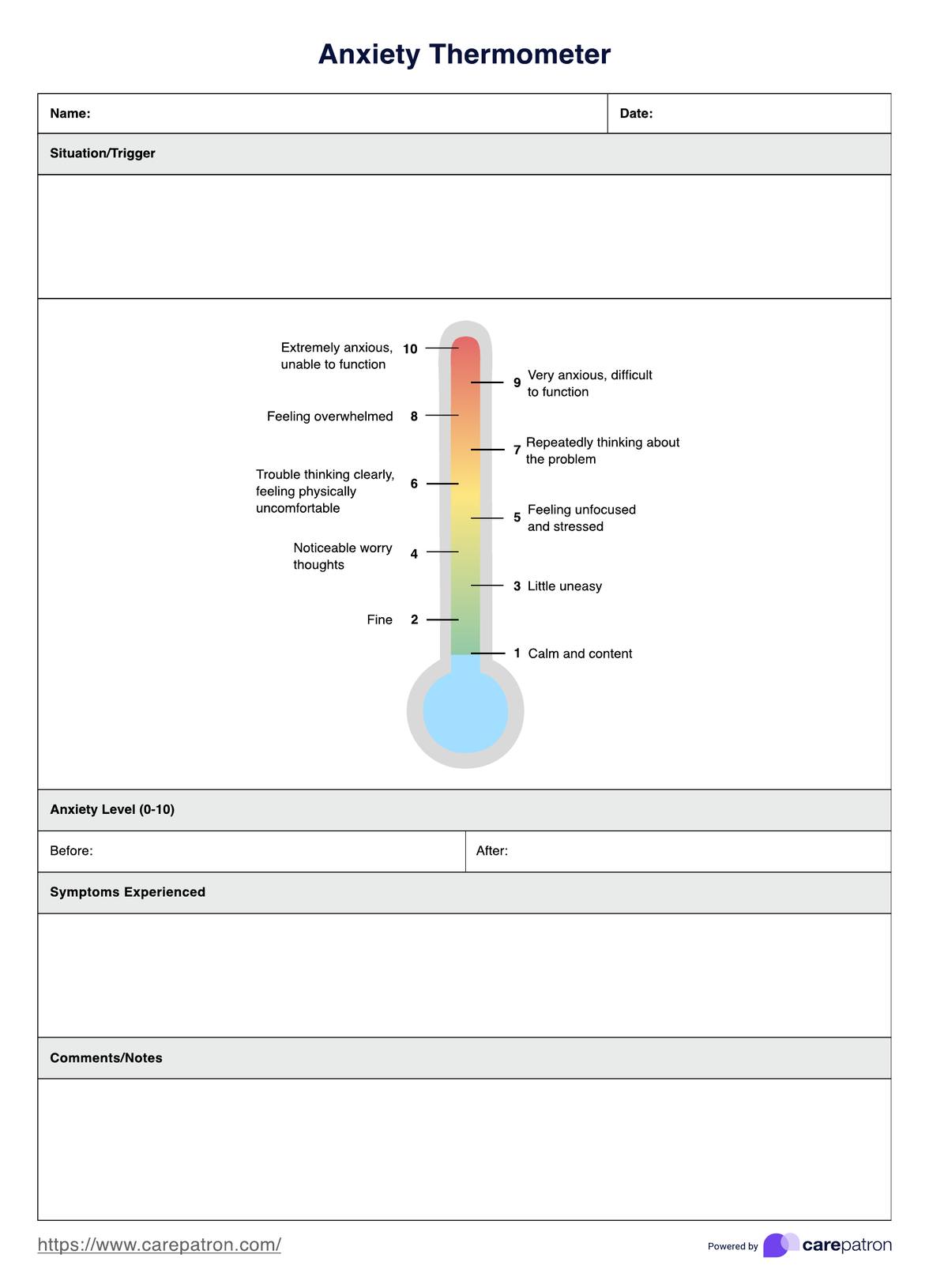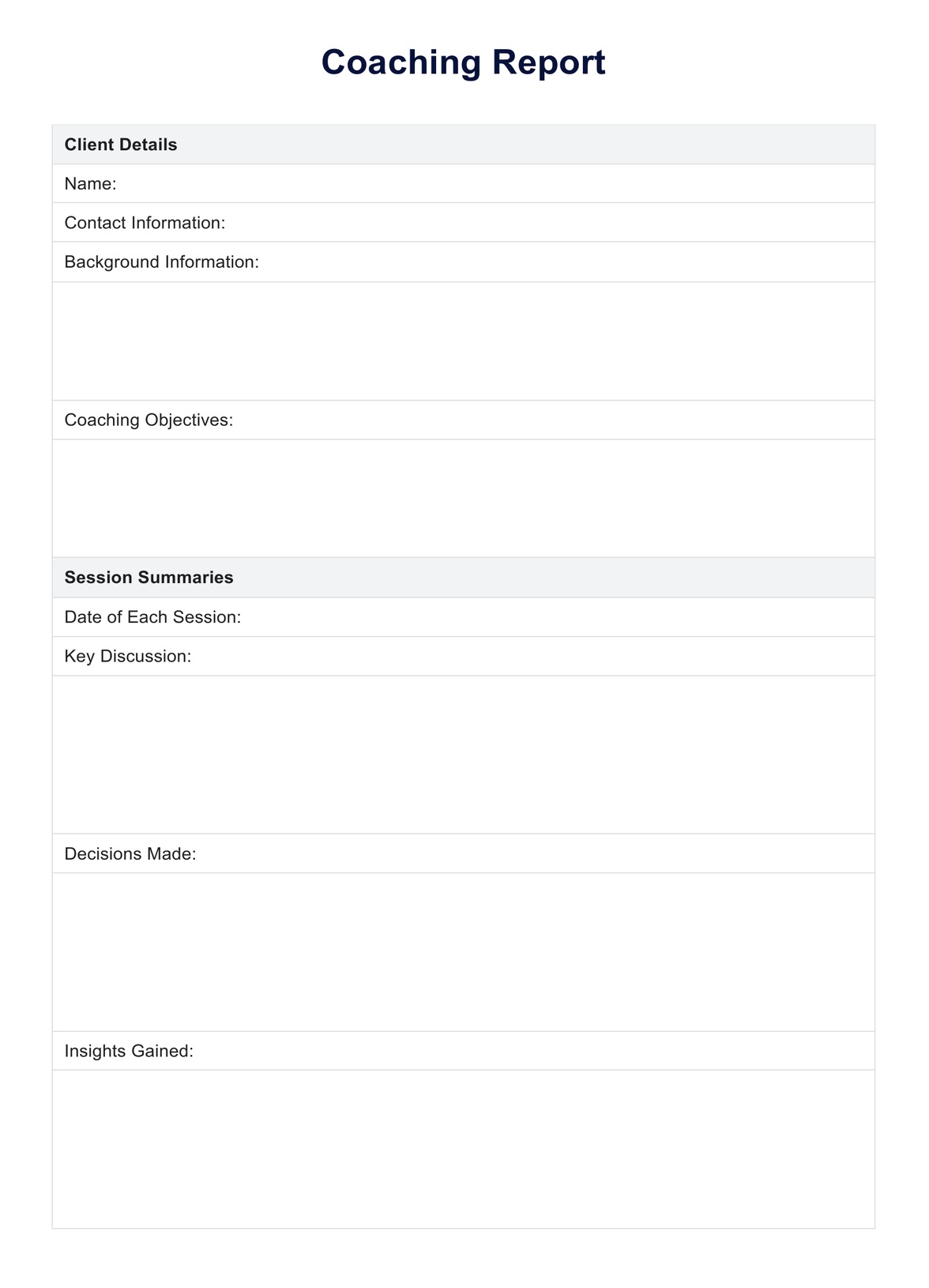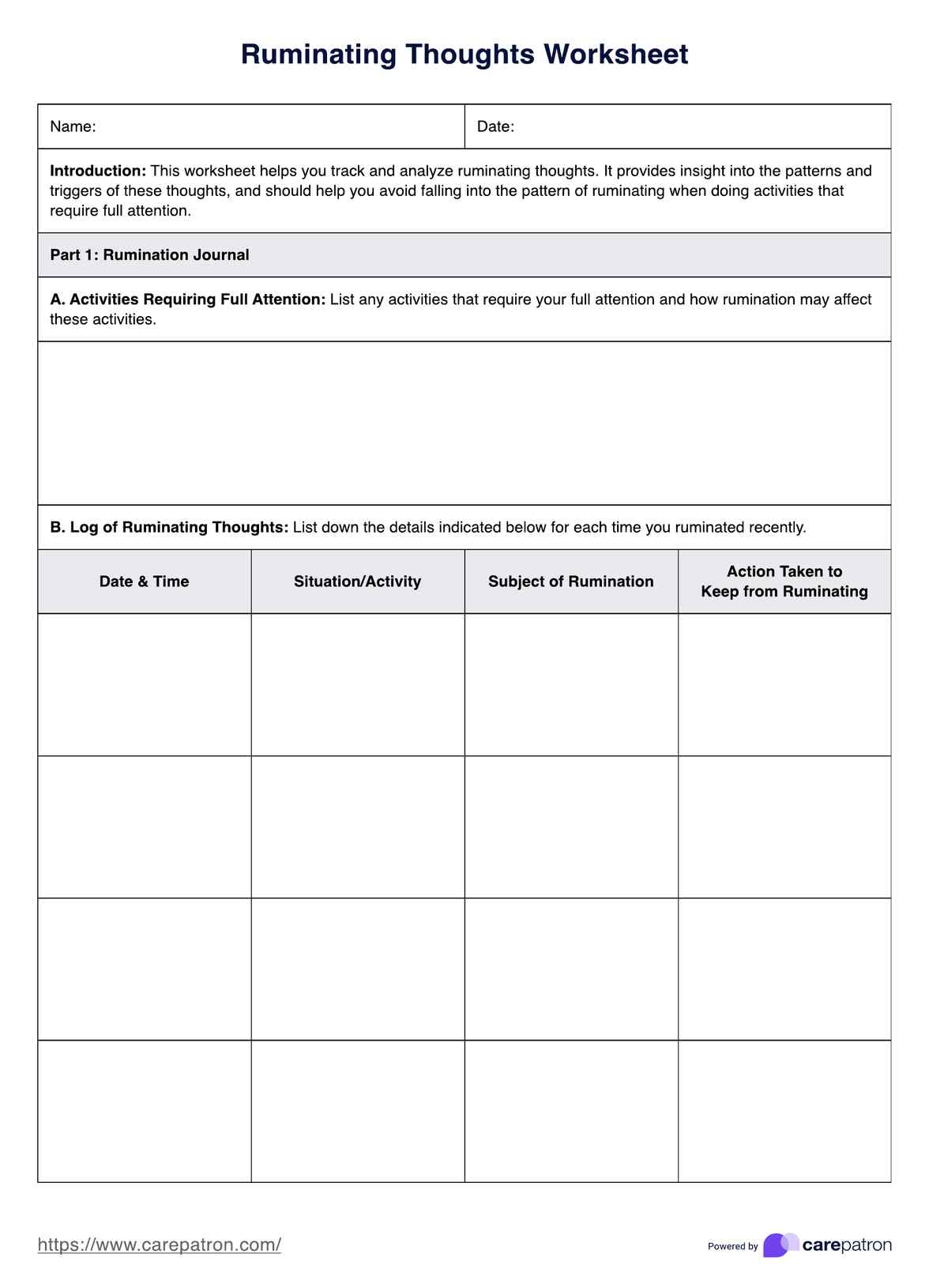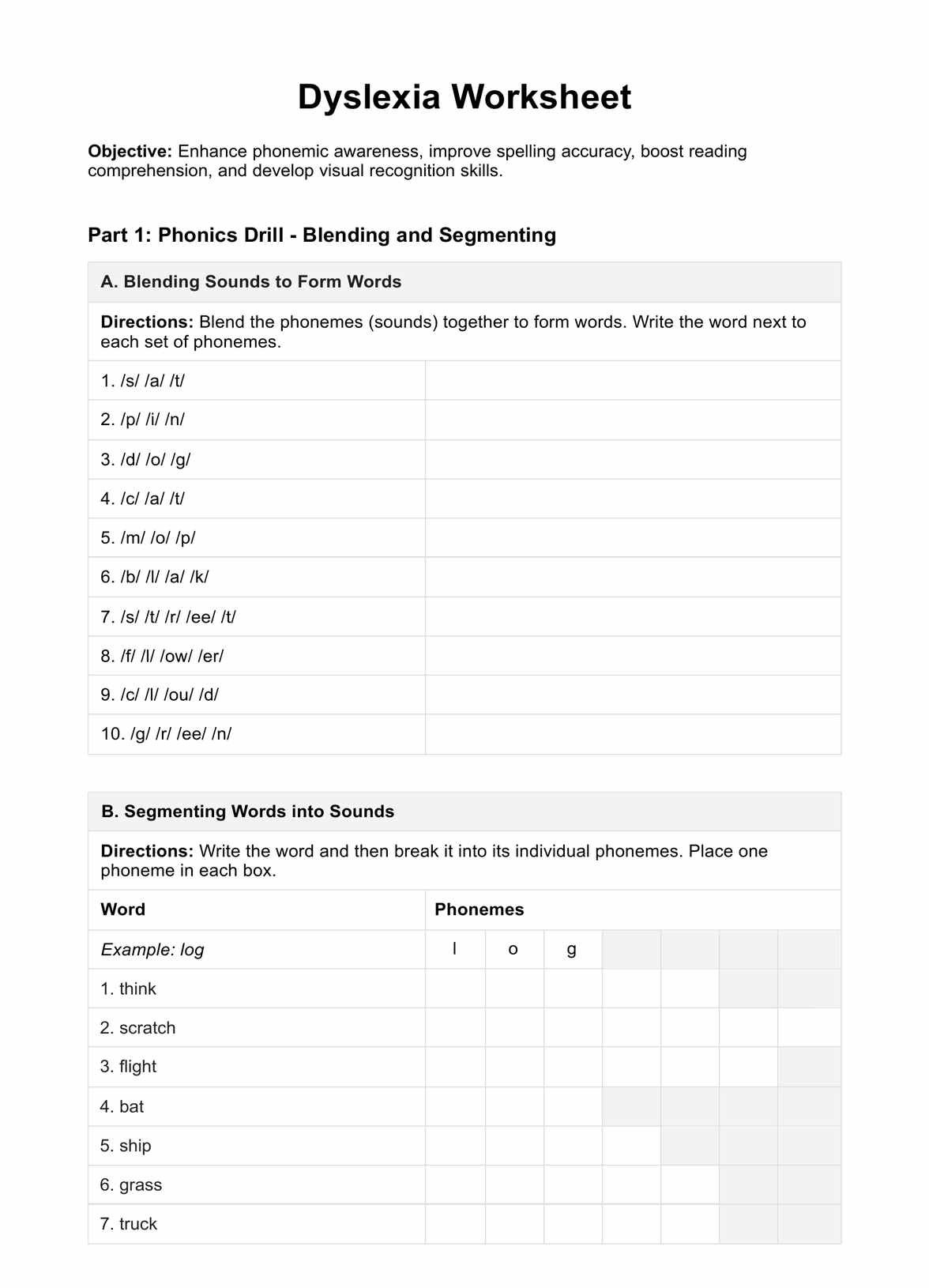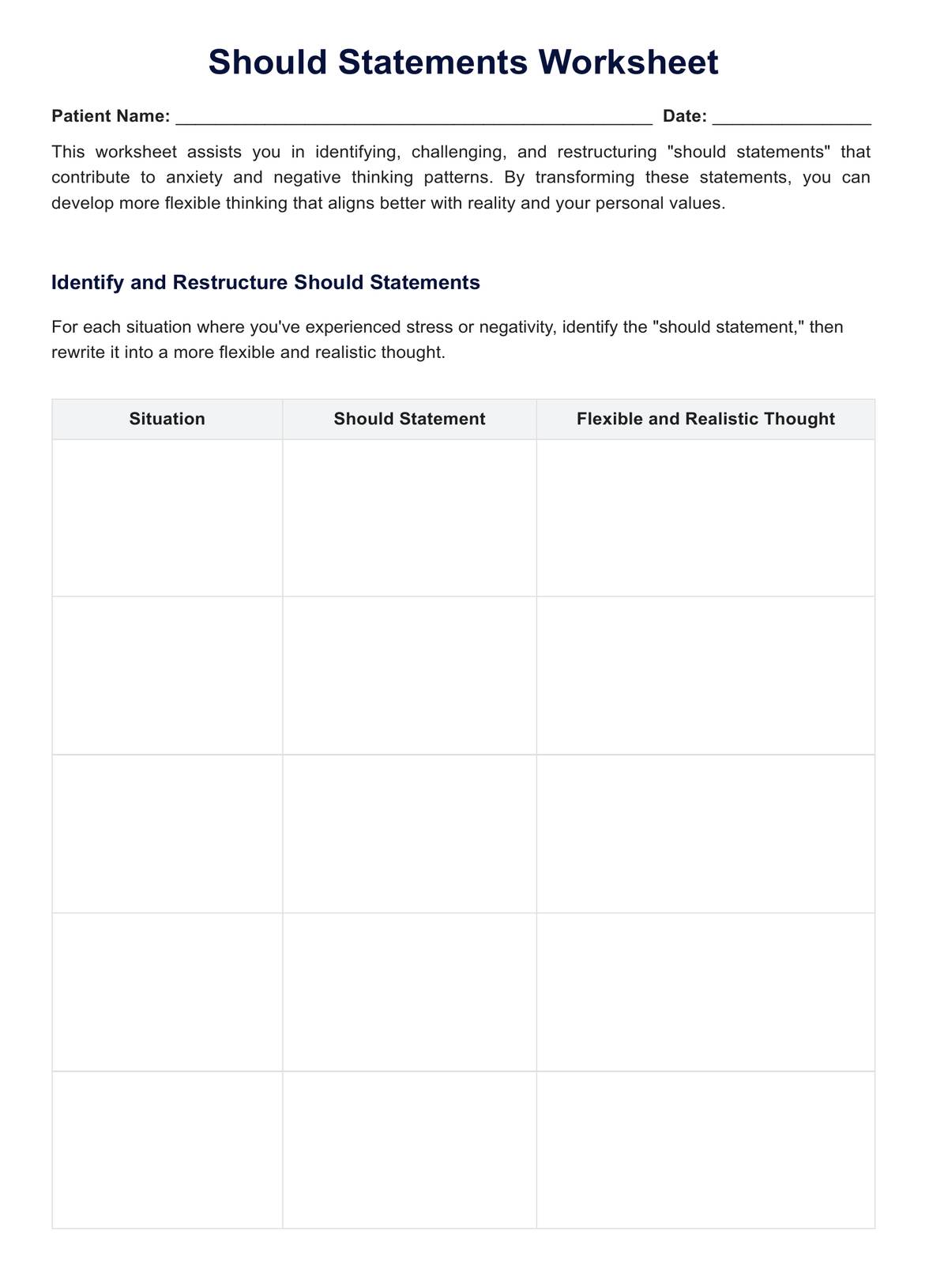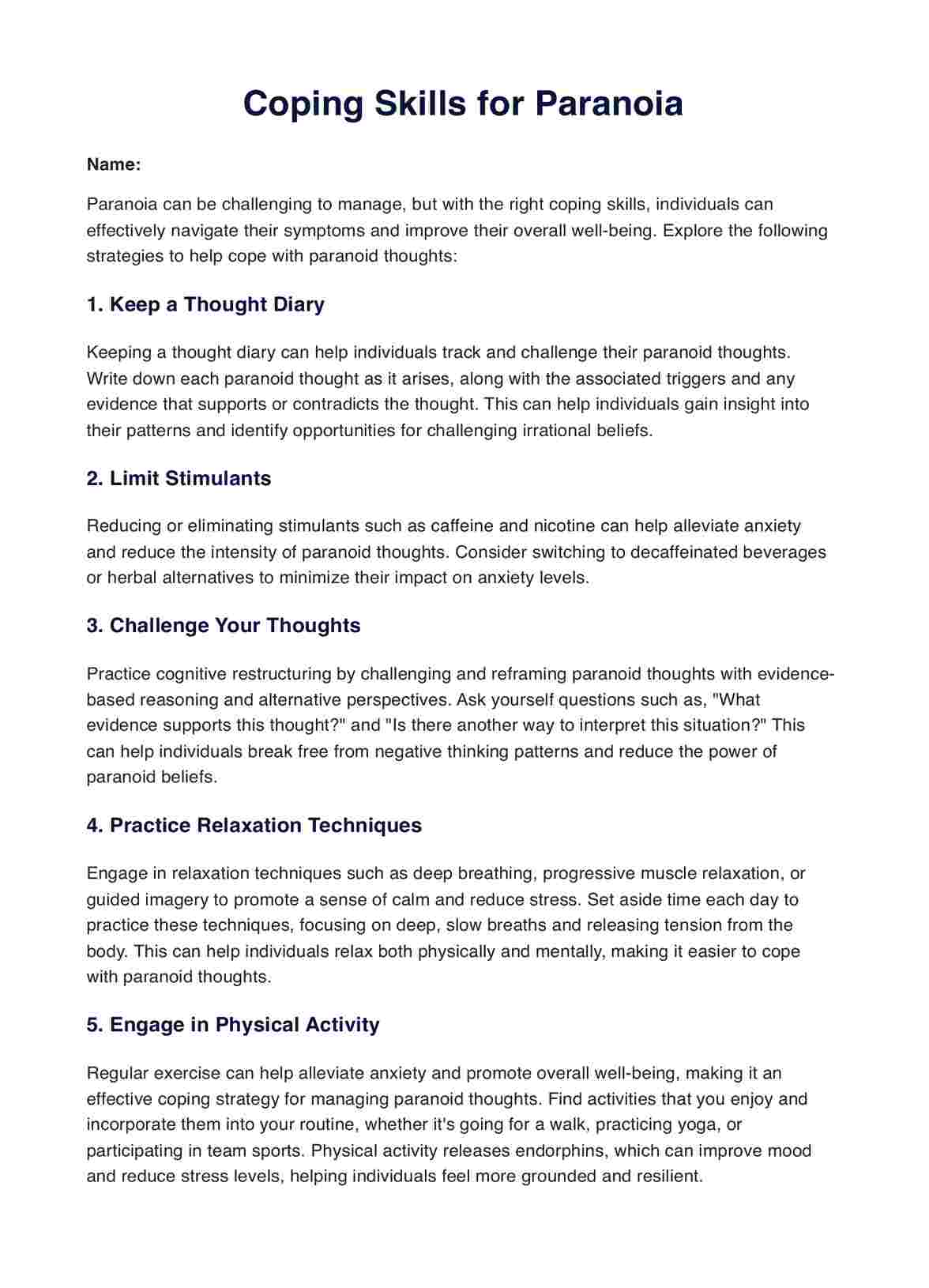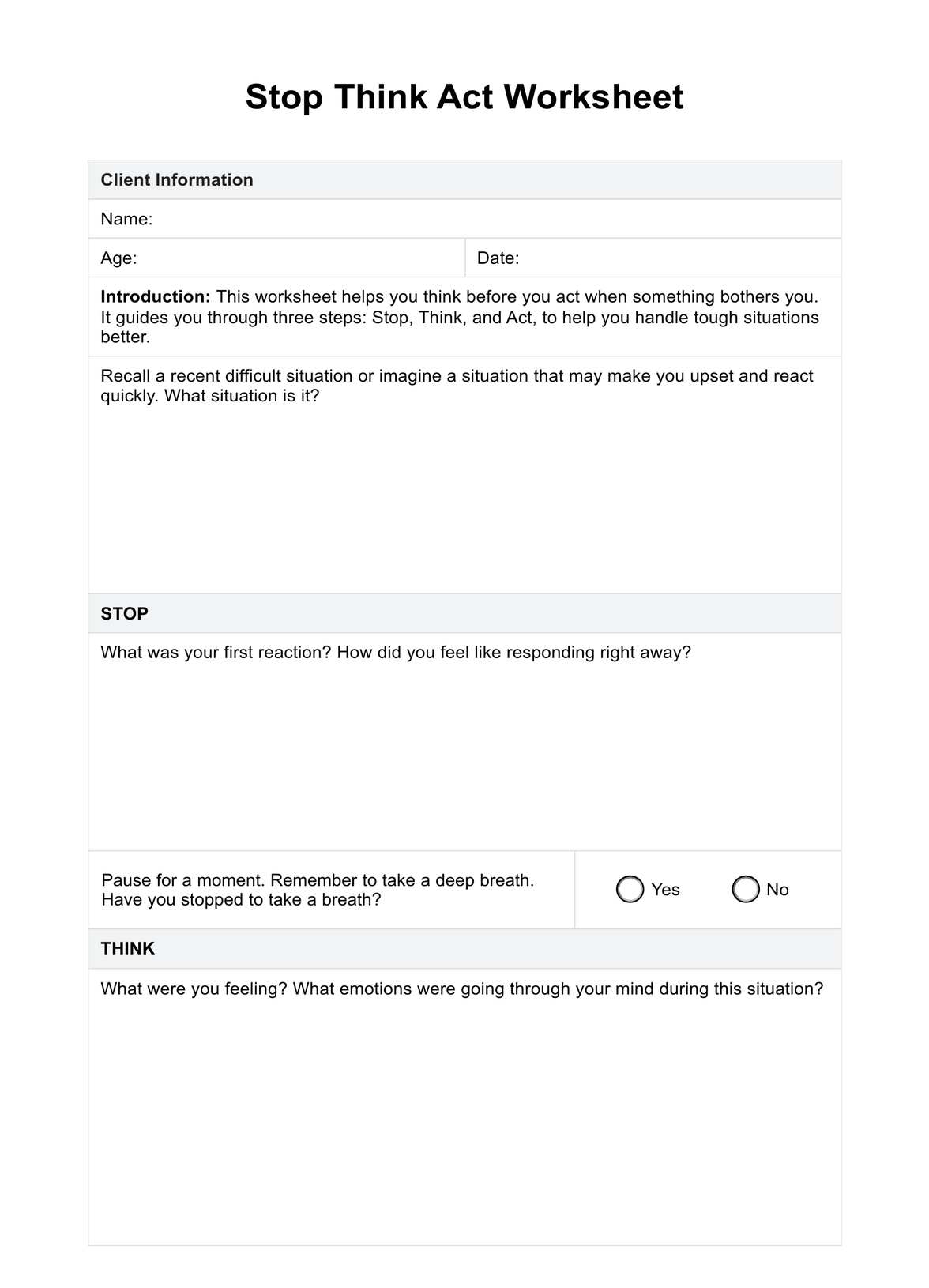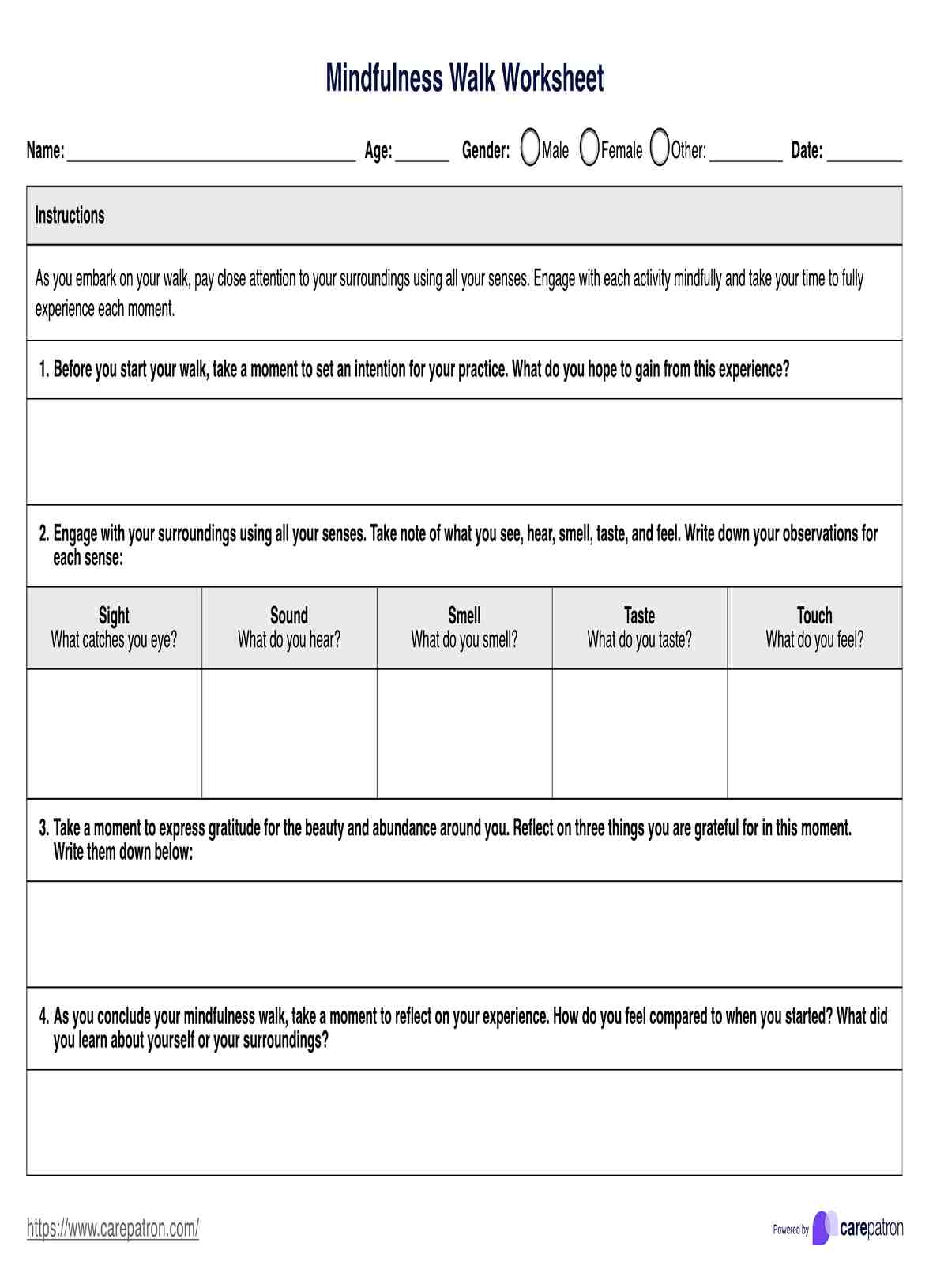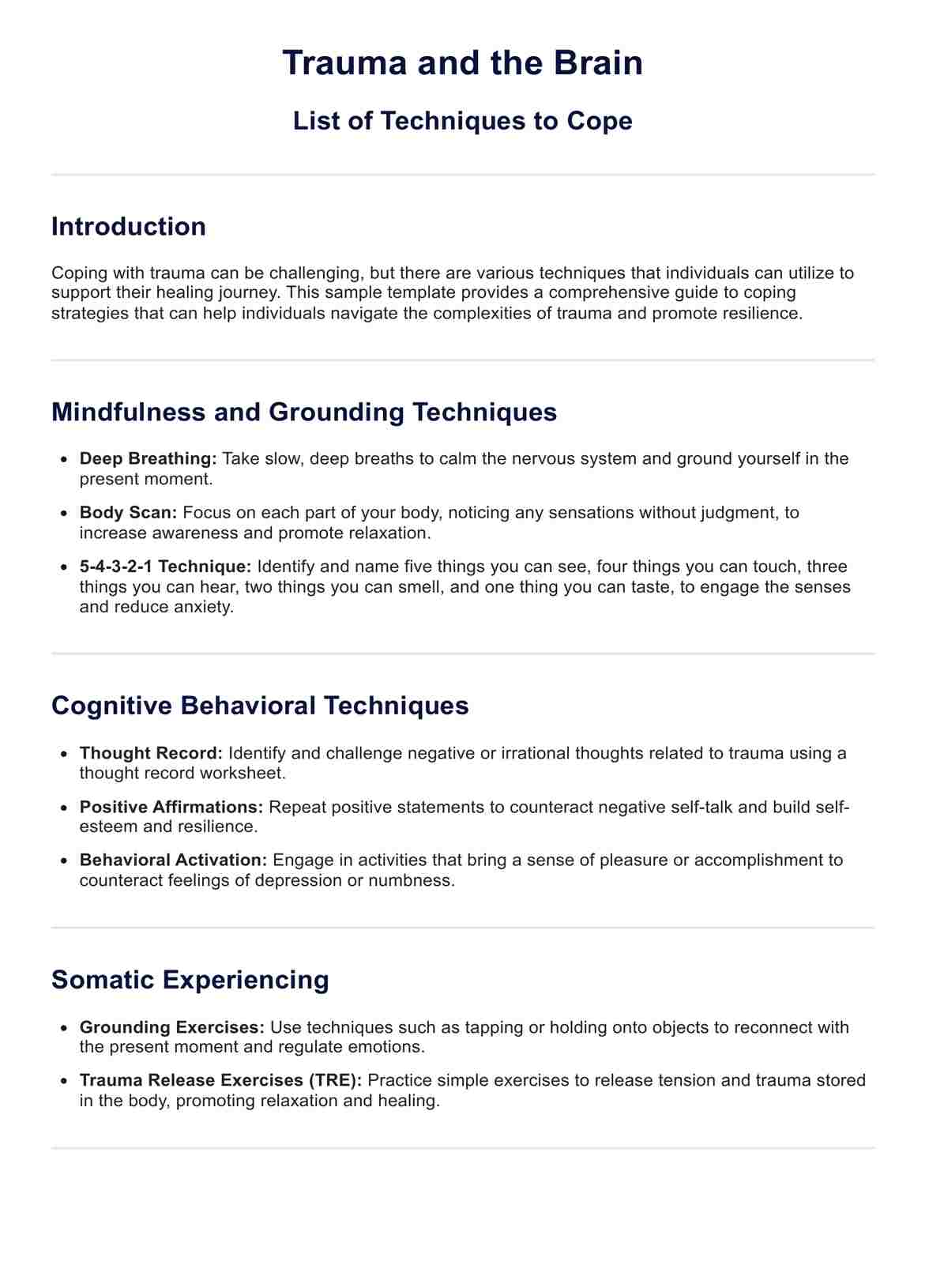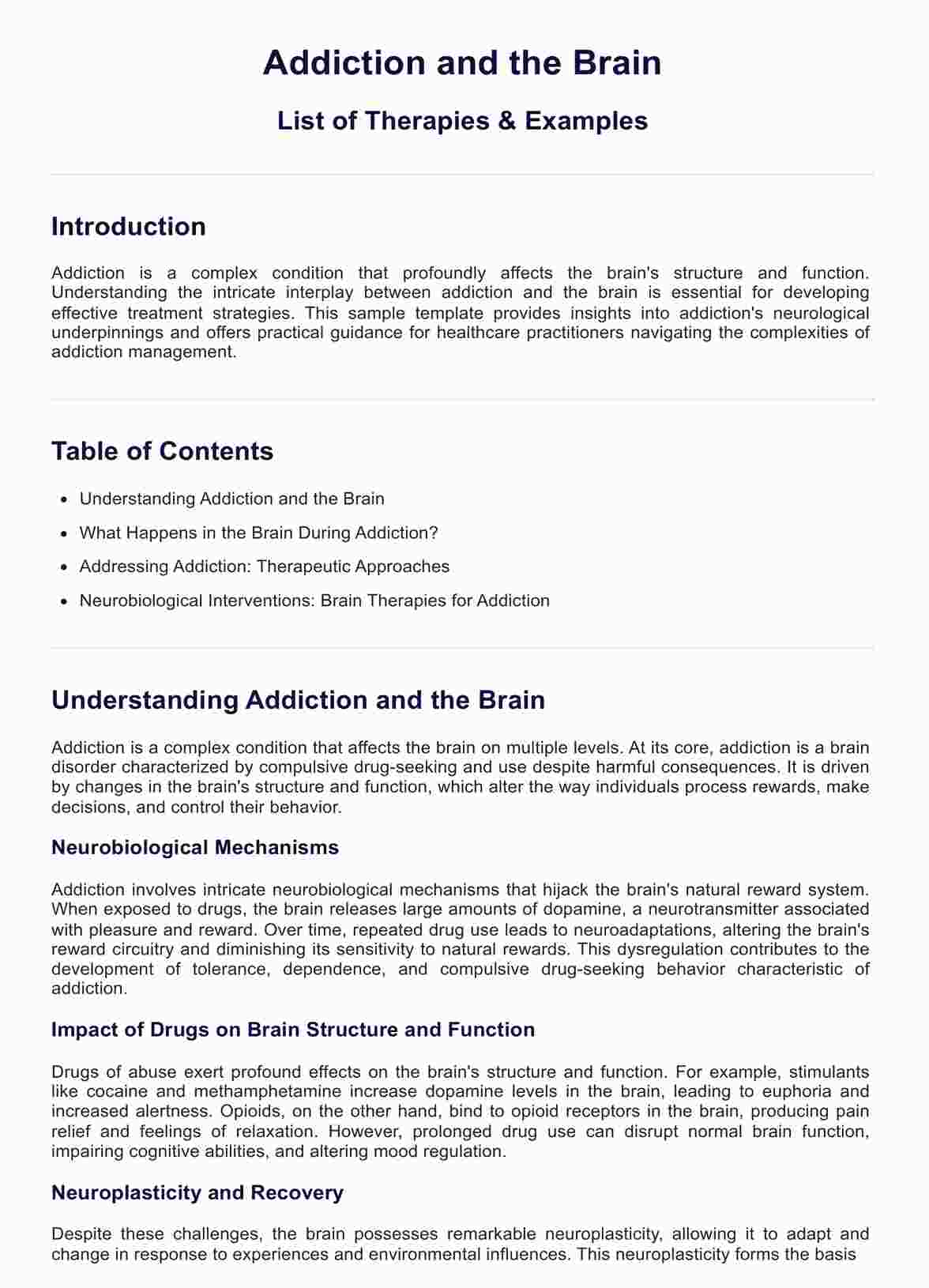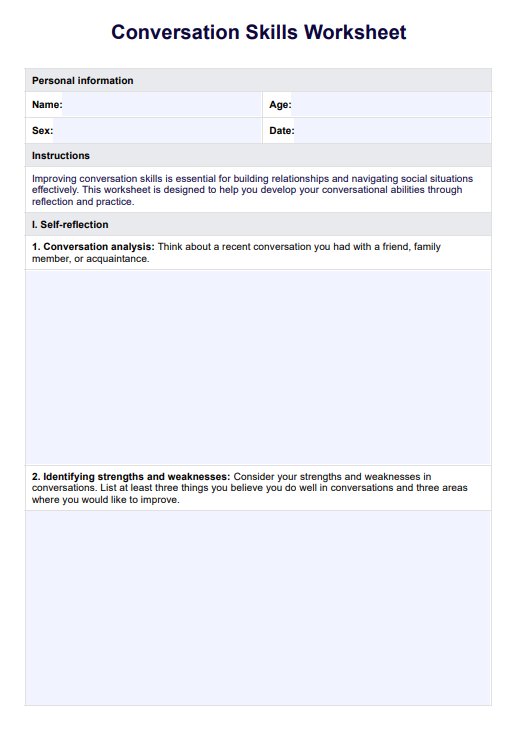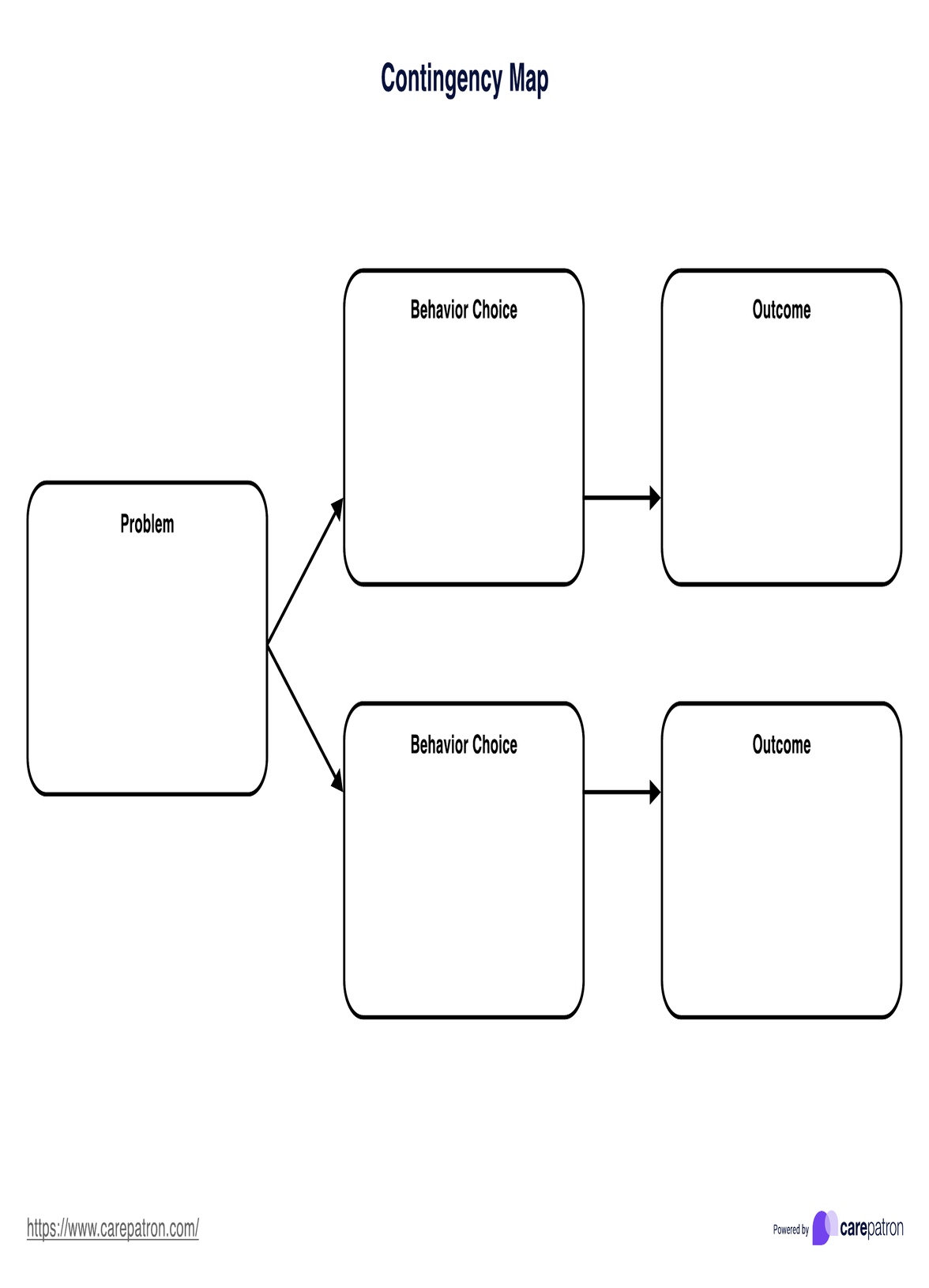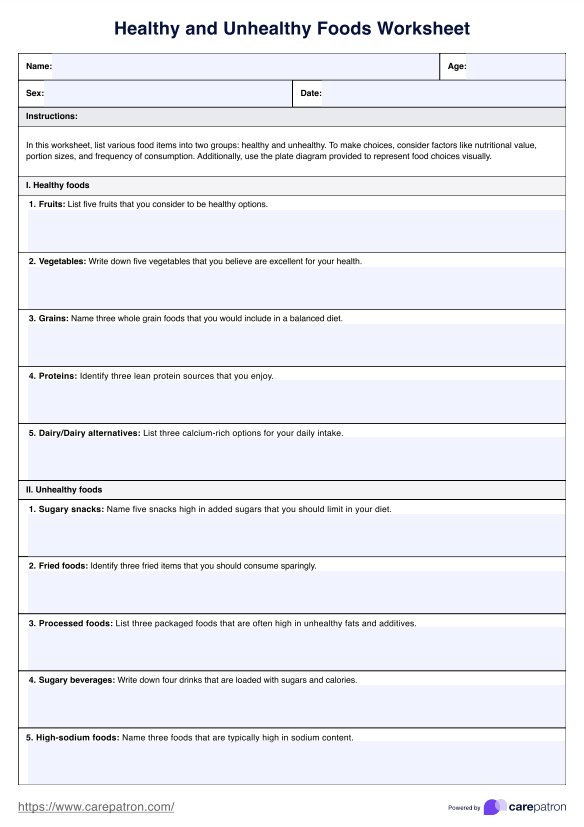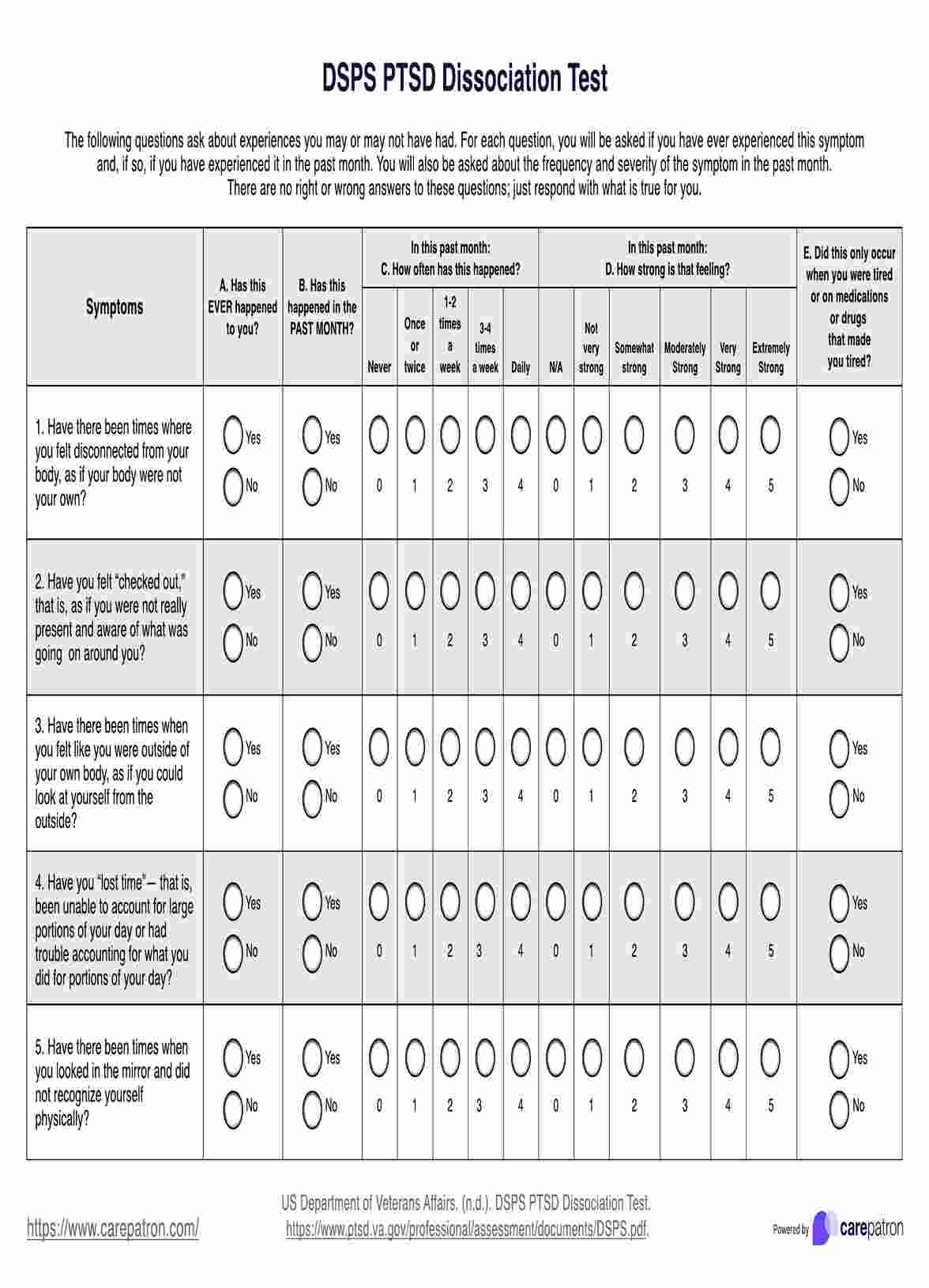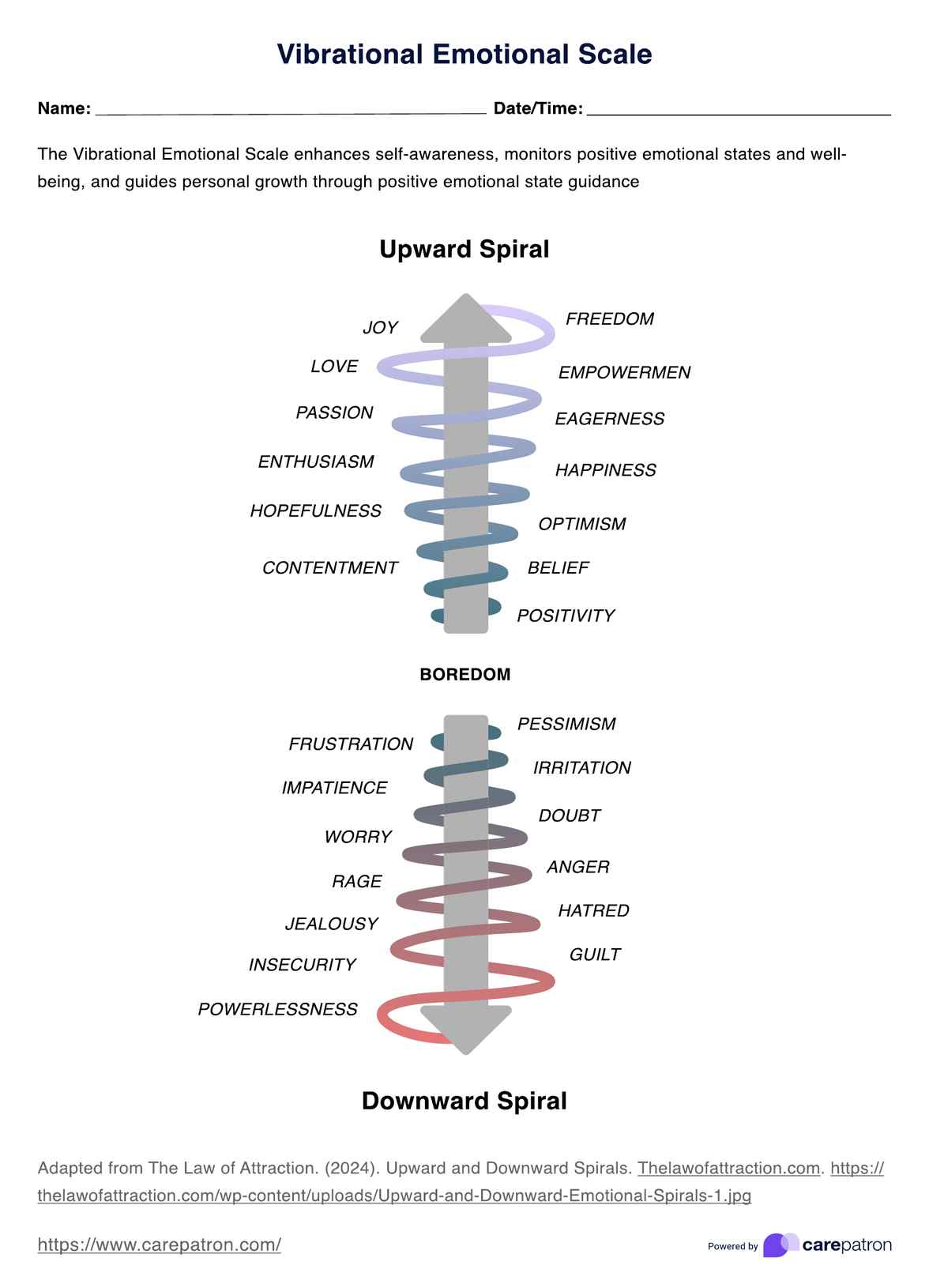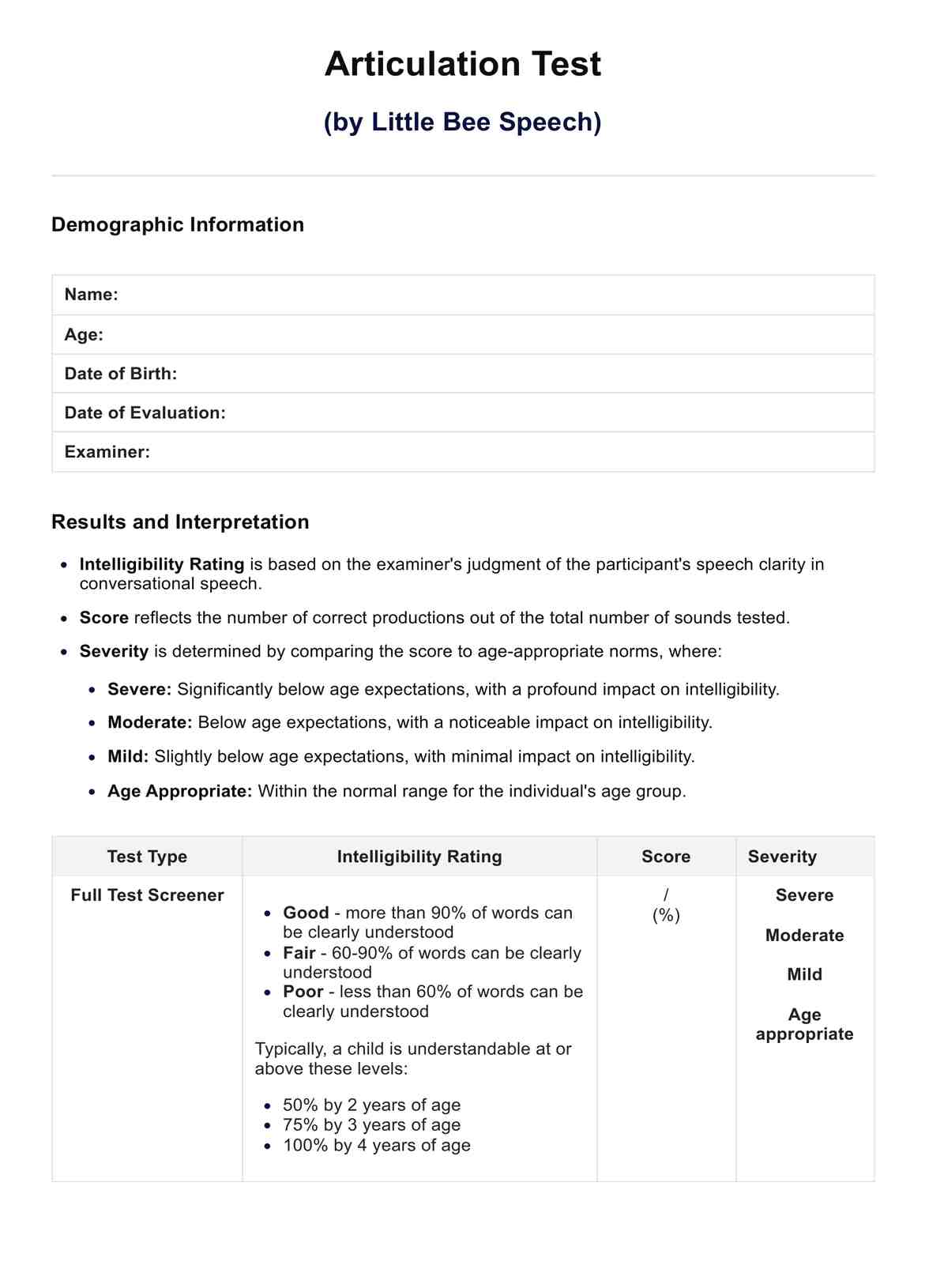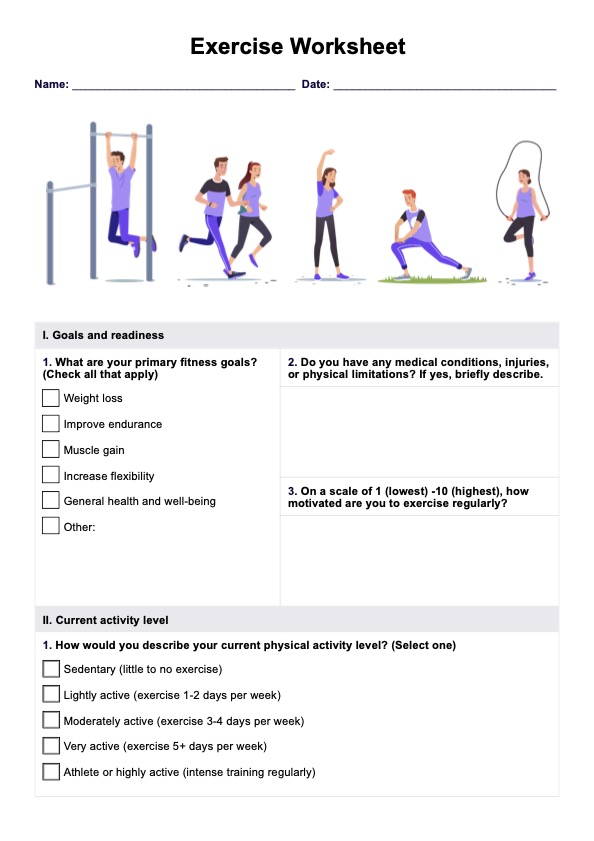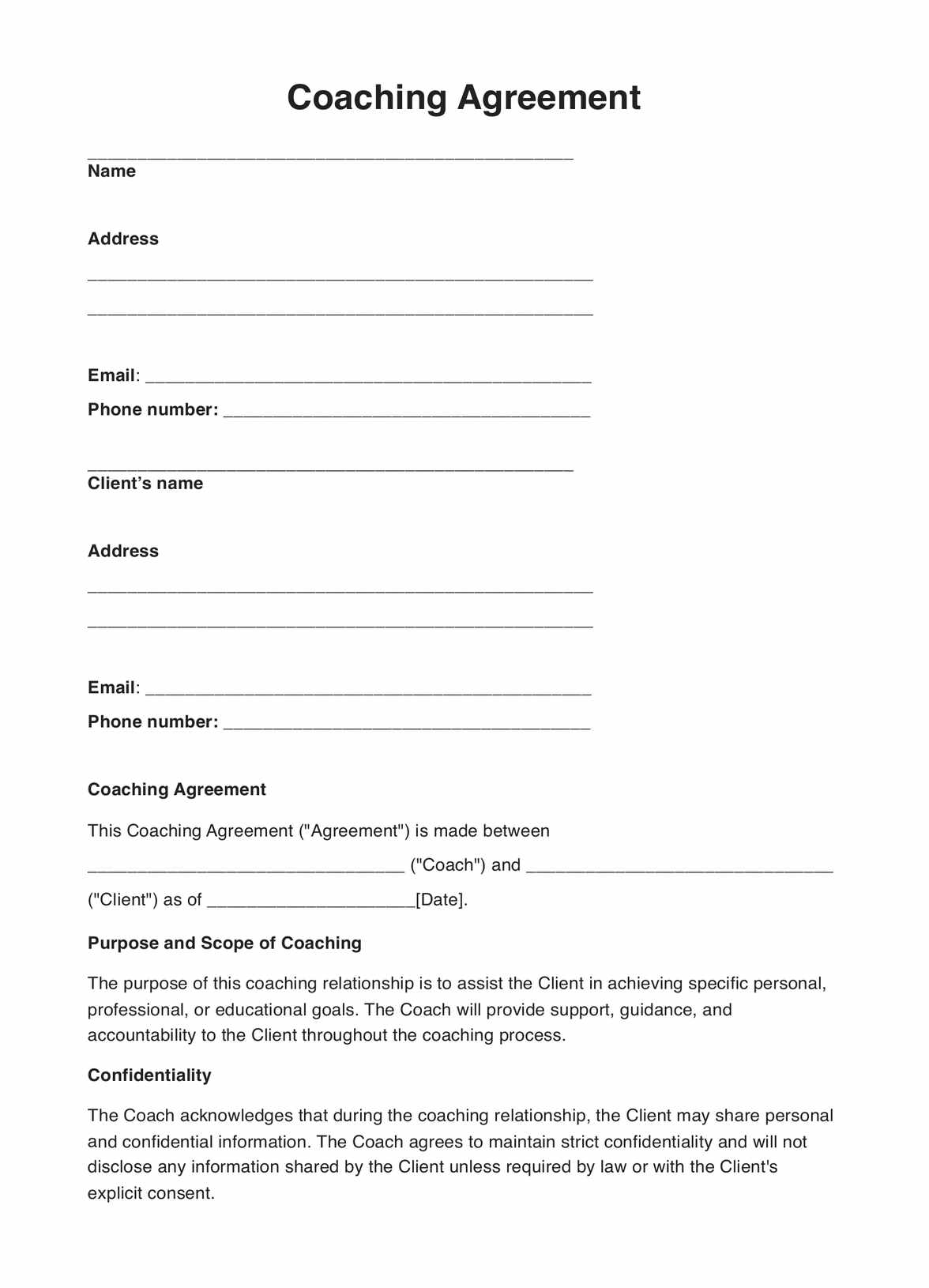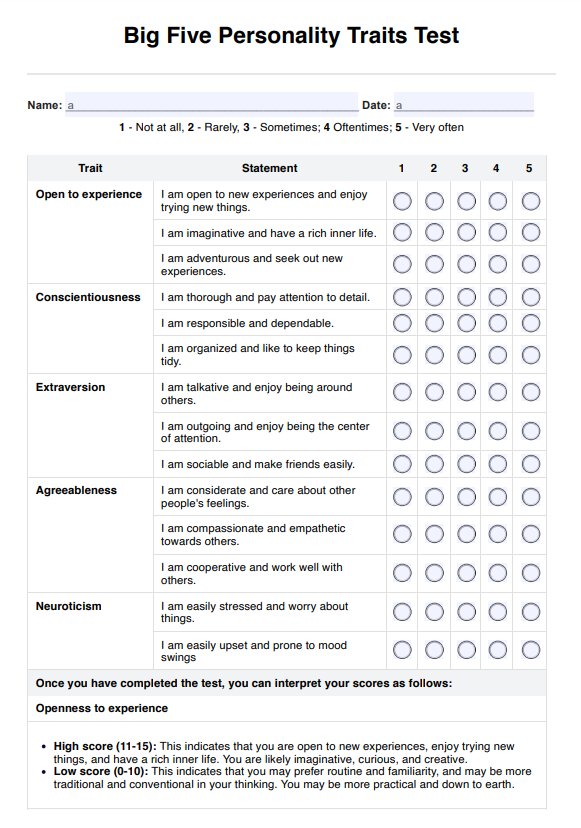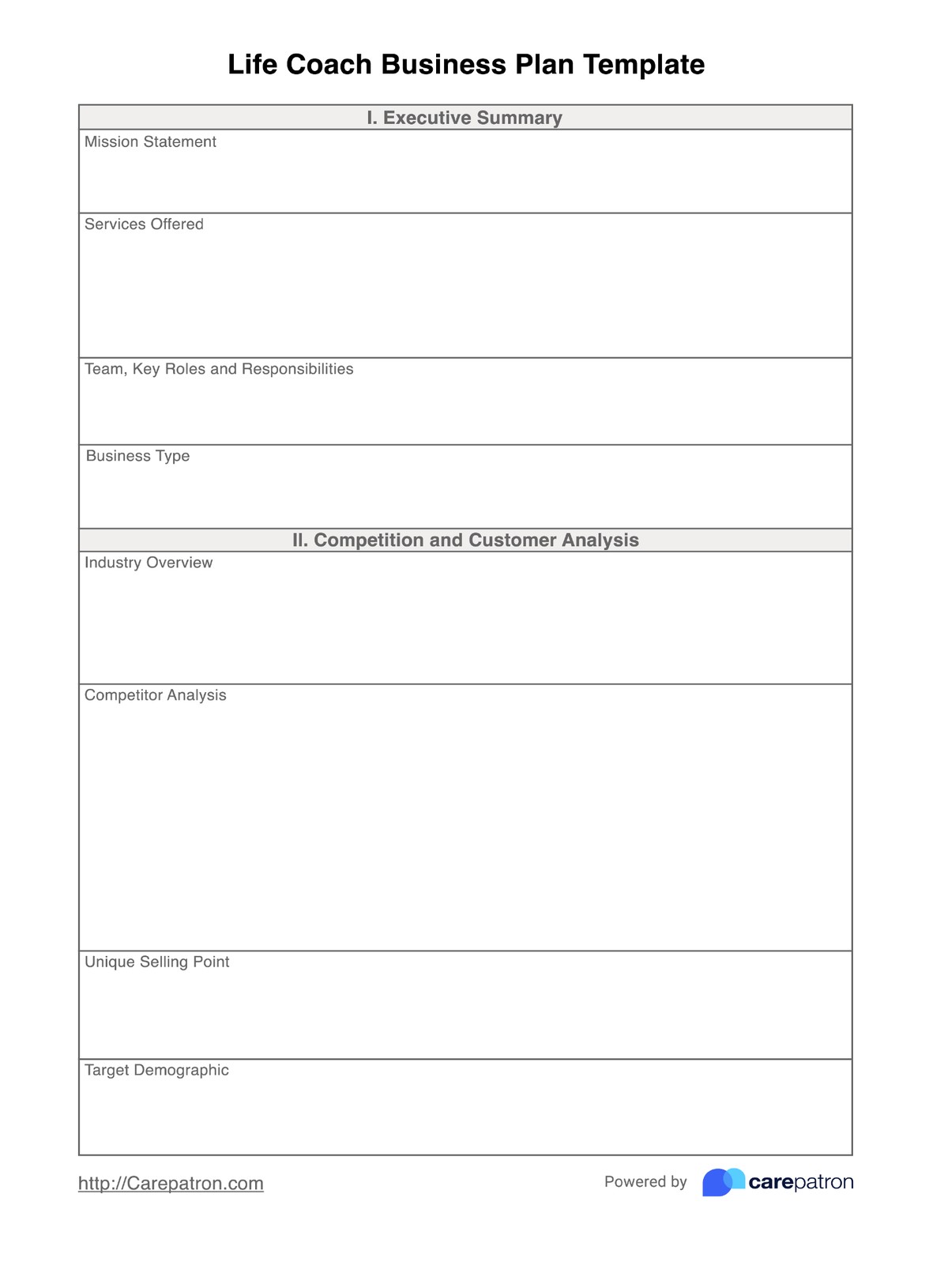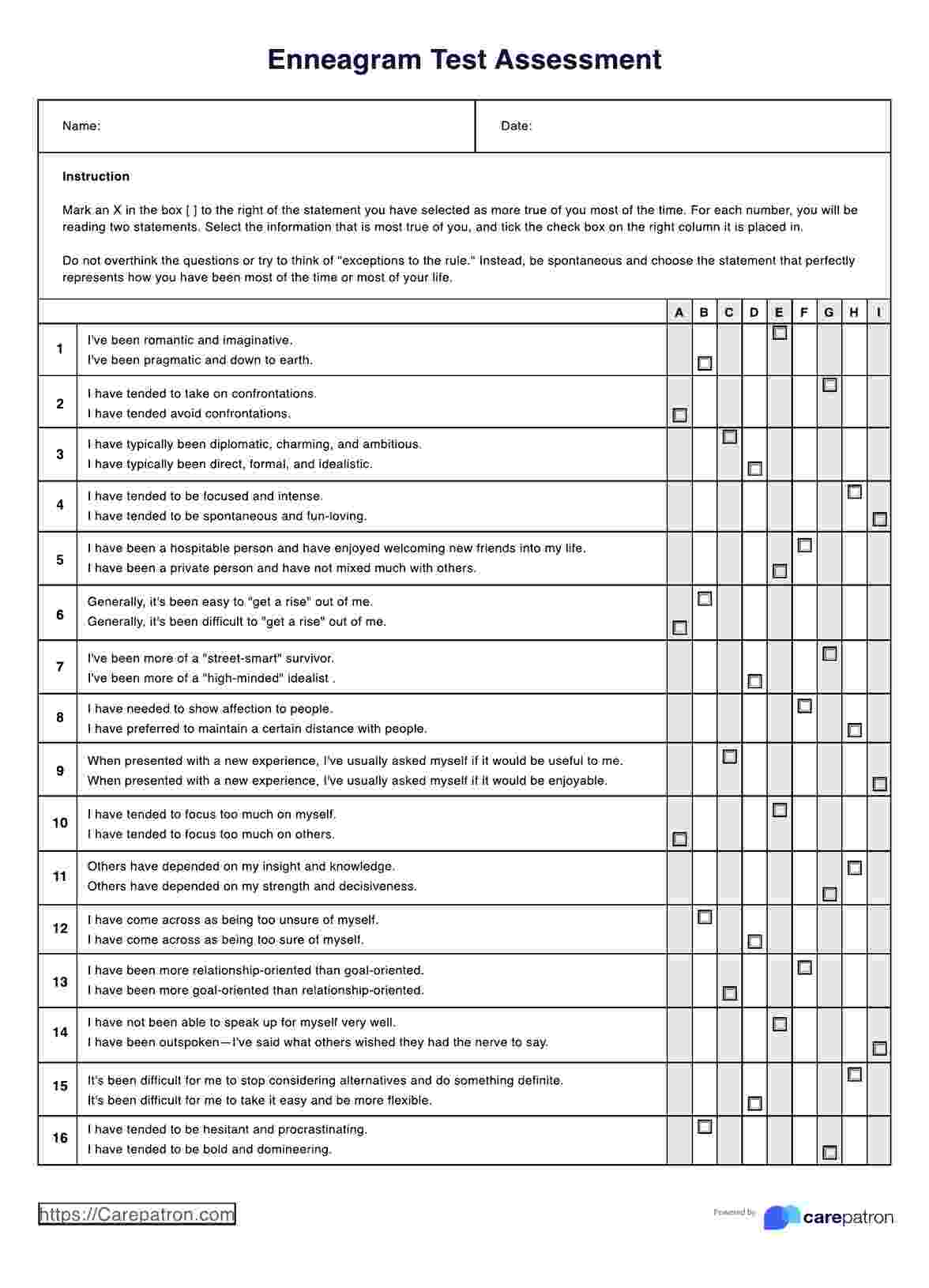Coach Agenda
Enhance productivity & goal attainment with a personalized coach agenda. Our expert coaching sessions empower you to overcome challenges & achieve success.


What is a Coach Agenda?
A Coach Agenda is essential for creating a strategic guide for coaching sessions. It is a detailed plan meticulously crafted by the coach to ensure the sessions are purposeful, targeted, and aligned with the client's objectives and aspirations.
A typical Coach Agenda comprises several key elements. Firstly, it outlines the goals or objectives for each session, clearly defining what the client and coach aim to achieve. Secondly, it identifies the central topics or issues to be discussed, ensuring the conversation stays focused and relevant. Thirdly, it assigns tasks or 'homework' to the client to complete between sessions, promoting active learning and continuous progress.
In addition to these core components, the agenda often includes a recap of previous sessions, allowing both parties to reflect on past discussions and growth. It may also incorporate a section for notes, observations, or reflections, providing a space for capturing insights and breakthroughs.
While the is a structured plan, it's not set in stone. It's designed to be flexible and adaptive, capable of evolving with the client's changing needs, challenges, and progress. This adaptability fosters a fluid coaching process that effectively responds to the client's journey.
The use of a Coach Agenda promotes transparency and accountability. It sets clear expectations, encourages open dialogue, and holds the coach and the client accountable for their respective roles in the coaching relationship.
Check out this video if you want to find out more about Life Coaching technqiues;
Coach Agenda Template
Coach Agenda Example
How does it work?
A Coach Agenda provides a clear, organized framework for each coaching session. Here's how it typically works:
Step 1: Define the Session Goals
The first step in using a Coach Agenda is to define the goals or objectives for the session. This could be anything from developing a new skill, overcoming a specific challenge, or exploring a new perspective. The goals should be SMART (Specific, Measurable, Achievable, Relevant, Time-bound) and aligned with the client's objectives.
Step 2: Identify Key Topics or Issues
Next, the coach identifies the key topics or issues to be addressed during the session. These topics should be directly related to the defined goals and relevant to the client's needs and concerns.
Step 3: Assign Tasks or 'Homework'
The third step involves assigning tasks or 'homework' to the client to complete between sessions. These tasks should reinforce learning, promote active engagement, and facilitate continuous progress toward the goals.
Step 4: Recap Previous Sessions
The Coach Agenda should also include a recap of previous sessions. This allows the coach and the client to reflect on past discussions, recognize growth and development, and maintain continuity in the coaching process.
Step 5: Include a Space for Notes
Finally, the agenda should incorporate a space for notes, observations, or reflections. This provides a place for capturing insights, breakthroughs, or areas that need further exploration in future sessions.
In addition to digital formats, many coaches use printable Coach Agendas. These can be useful for clients who prefer to have a physical document to refer to during sessions or for those who find writing by hand helpful for processing and reflection. Printable Coach Agendas can be easily created from online templates or custom-designed to fit each coach's unique needs and style.
When would you use this Template?
A Coach Agenda is a versatile tool that can be used across various coaching practices, including but not limited to personal development, executive coaching, career coaching, health and wellness coaching, sports coaching, and life coaching. This template is particularly beneficial when there's a need for structure, clarity, and consistency in the coaching process.
Personal and Professional Development
The Coach Agenda can be invaluable when a client seeks personal or professional development. It helps identify the key focus areas, set actionable goals, and track progress over time. The agenda ensures that each session is centered around the client's needs and aspirations.
Executive and Leadership Coaching
In executive and leadership coaching, the Coach Agenda addresses specific leadership challenges, develops new skills, and fosters personal growth. The agenda can guide discussions around strategic planning, conflict resolution, team management, and other leadership-related topics.
Career Coaching
Career coaches can use the agenda to help clients explore career paths, prepare for job interviews, enhance professional skills, or navigate workplace challenges. The agenda keeps the sessions focused on the client's career objectives.
Health and Wellness Coaching
The agenda for health and wellness coaches can guide discussions on health goals, lifestyle changes, stress management techniques, and more. The agenda ensures the coach and client stay on track with the health and wellbeing objectives.
Sports Coaching
In sports coaching, an agenda can help structure training sessions, develop athletes' skills, strategize game plans, and monitor performance improvements.
Benefits
Enhanced Session Organization
The Coach Agenda template provides a structured and systematic approach to coaching sessions. Outlining the session's flow, topics, and time allocation ensures that coaching discussions remain focused, well-organized, and on track to achieve specific goals. Coaches can effectively manage the session's pacing, covering all essential aspects while maintaining a smooth flow of conversation.
Clear Objective Setting
With predefined objectives in the Coach Agenda, coaches and clients clearly understand the session's purpose and desired outcomes. This clarity fosters a more productive and purposeful coaching experience. Clients can align their expectations with the objectives, and coaches can tailor their approach to best support clients in their growth and development journey.
Time Optimization
The Coach Agenda template allocates specific timeframes to each topic or discussion point. This feature prevents coaching sessions from running too long, causing fatigue and reduced focus, or becoming too rushed, leading to incomplete discussions. Effective time management ensures that coaches can cover essential content without straying from the session's schedule.
Targeted Discussion
The template facilitates a more focused and targeted discussion by delineating key topics related to the coaching objective. For instance, when addressing procrastination, the Coach Agenda may include topics like understanding procrastination, identifying triggers, time management techniques, goal setting, building accountability, and addressing fears. This structured approach ensures that all relevant aspects are adequately explored and addressed.
Goal-Oriented Approach
The Coach Agenda includes actionable goals, and an action plan empowers clients to make tangible progress. By collaboratively setting achievable objectives and outlining steps to overcome procrastination, clients gain a clear roadmap for personal growth and development. The goal-oriented approach fosters a sense of direction and motivation, increasing the likelihood of sustained progress.
Printable and Reusable
As a downloadable PDF, the Coach Agenda template offers convenience and accessibility. Coaches can easily share the agenda with clients before sessions, allowing them to prepare and engage more effectively. Additionally, the template's reusability streamlines the coaching process for subsequent sessions on similar topics, saving time and effort in agenda creation.
Check out our action plan template for comprehensive methods to address client health concerns.
Research & Evidence
The Coach Agenda has a rich history in the coaching profession, having evolved as a valuable tool for structuring coaching sessions effectively. As coaching gained recognition and popularity in the mid-20th century, coaches began to realize the importance of a systematic approach to maximize the impact of their sessions. Hence, creating a structured agenda for coaching sessions was born.
While there may be limited research solely dedicated to Coach Agendas, a growing body of evidence supports the coaching field. Studies examining coaching effectiveness, client satisfaction, and the outcomes of coaching interventions contribute to understanding the positive impact of coaching on personal and professional development.
Coaches from various disciplines and specializations have embraced Coach Agendas as an integral part of their coaching practice. Experienced coaches have found that a well-planned agenda helps them stay on track, maintain focus, and address the specific needs of their clients efficiently.
In addition to empirical evidence, the endorsement of coaching organizations and associations, like the International Coach Federation (ICF), further validates the importance of effective coaching practices. While these organizations may not explicitly emphasize Coach Agendas, they advocate for structured coaching sessions that align with the client's objectives.
The coaching community continually evolves, and the adoption of Coach Agendas remains a prominent aspect of this evolution. Coaches, researchers, and practitioners collaborate to explore the best ways to enhance coaching methodologies and ensure clients receive the most effective and goal-oriented coaching experience possible. Through the combination of practical experience and ongoing research efforts, the Coach Agenda continues to gain recognition as an essential resource in the dynamic world of coaching.
References
- Academic coaching resources. (n.d.). American University. https://www.american.edu/provost/academic-access/academic-coaching-resources.cfm
- Announcement: Become a Wellbeing Group Employee coach. (n.d.). Gustavus Adolphus College. https://gustavus.edu/calendar/become-a-wellbeing-group-employee-coach
- Bright Morning. (2023, February 16). Coaching teams tools - Bright morning. https://brightmorningteam.com/coaching-team-tools/
- Guru, T. G. (n.d.). Training Ground Guru | Manchester United announce Academy coaching changes for 2023/24. Training Ground Guru. https://trainingground.guru/articles/manchester-united-announce-academy-coaching-changes
- Implementing the writing process | Read Write think. (n.d.). https://www.readwritethink.org/professional-development/strategy-guides/implementing-writing-process
- Lancia, G., PhD. (2023). 6 Coaching conversation examples and scripts. PositivePsychology.com. https://positivepsychology.com/coaching-conversation-examples/
- Singapore, S. (n.d.). CoachSG - ICCE GCC 2023. https://coachsg.sportsingapore.gov.sg/gcc-2023
- Tim Reynolds, The Associated Press. (2023). Nuggets’ Michael Malone named coach of Team LeBron in 2023 All-Star Game. NBA.com. https://www.nba.com/news/nuggets-michael-malone-coach-team-lebron-2023-all-star-game
- TLC 2023. (n.d.). https://www.instructionalcoaching.com/tlc2023
- TLC 2023 Agenda. (n.d.). https://www.instructionalcoaching.com/tlc2023/agenda
Commonly asked questions
Coaches across various domains and specialties use the Coach Agenda. It is a valuable tool for professional coaches, life coaches, executive coaches, career coaches, and any coaching practitioner seeking a structured approach to session planning.
The Coach Agenda is used before and during coaching sessions. Coaches use it in advance to plan the session's objectives, topics, and time allocation. The agenda is a guide to ensure a focused and organized discussion during the session.
The Coach Agenda outlines the session's purpose, sets specific goals, and identifies discussion topics. It helps coaches and clients align their expectations and ensures a goal-oriented approach. Coaches refer to the agenda during the session to maintain focus and track progress, ultimately facilitating a productive coaching experience.





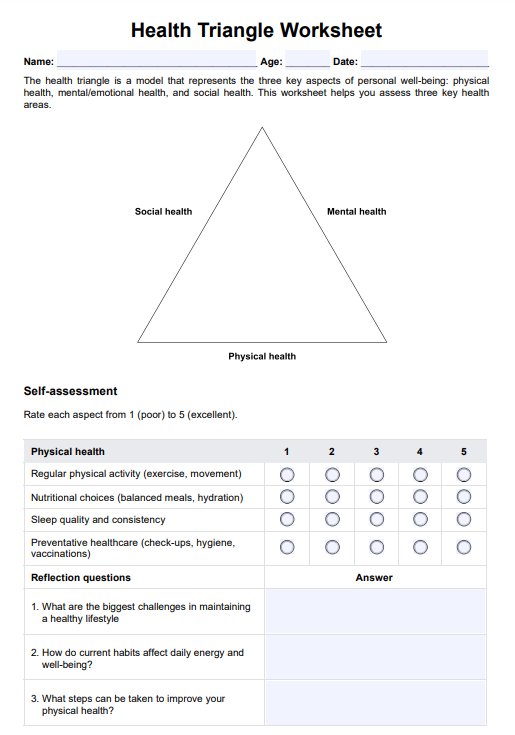
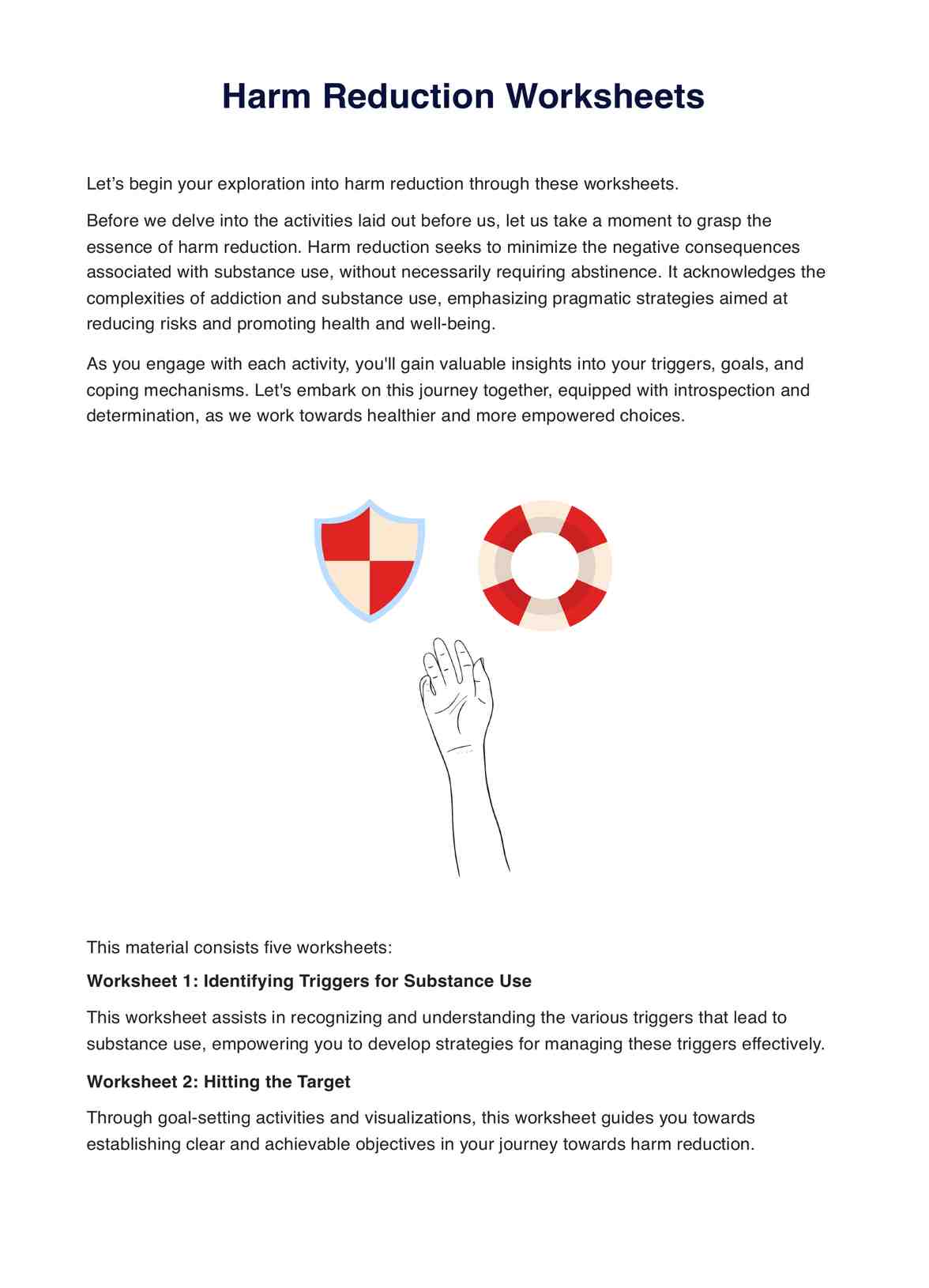
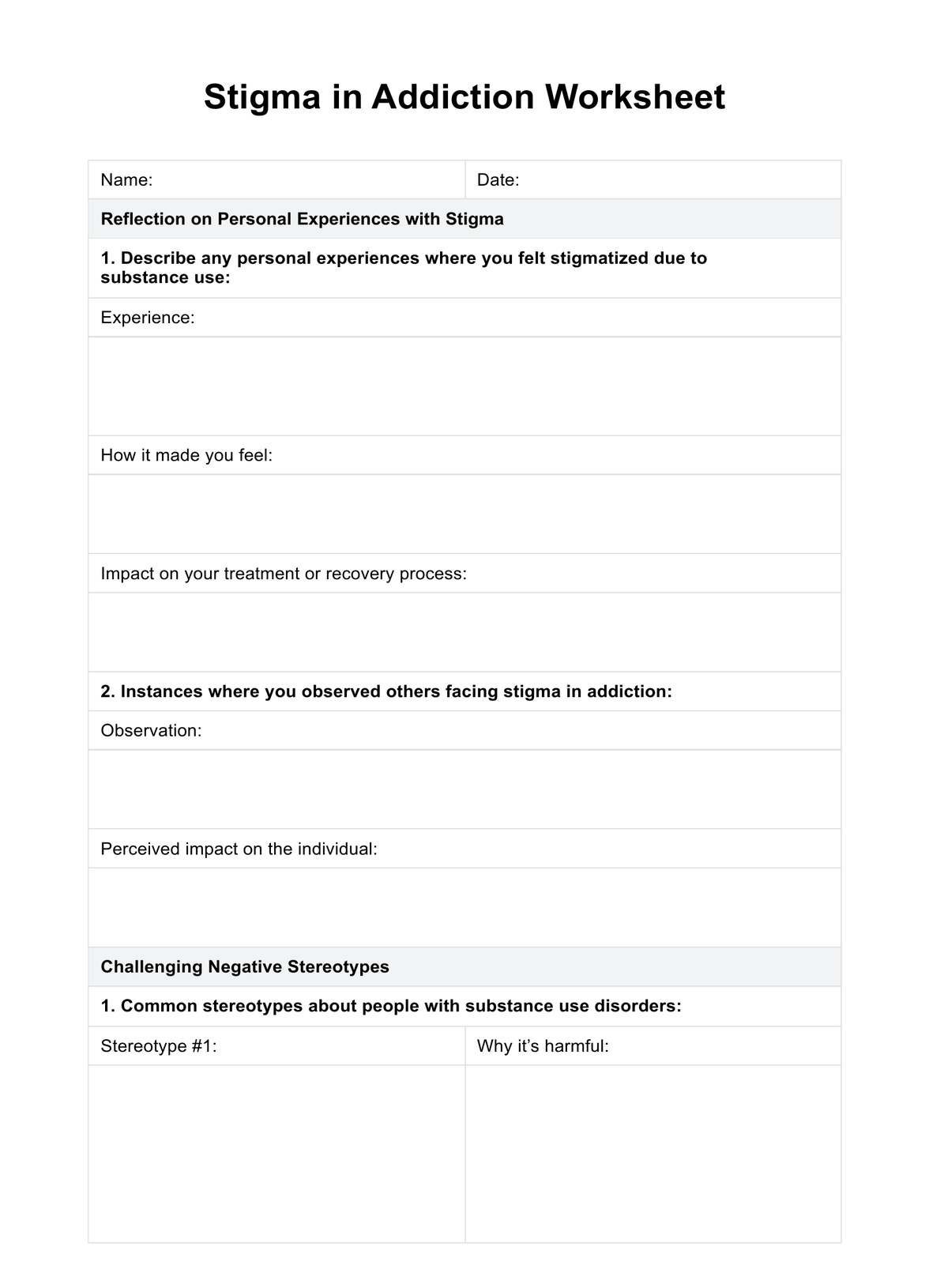








-template.jpg)

























